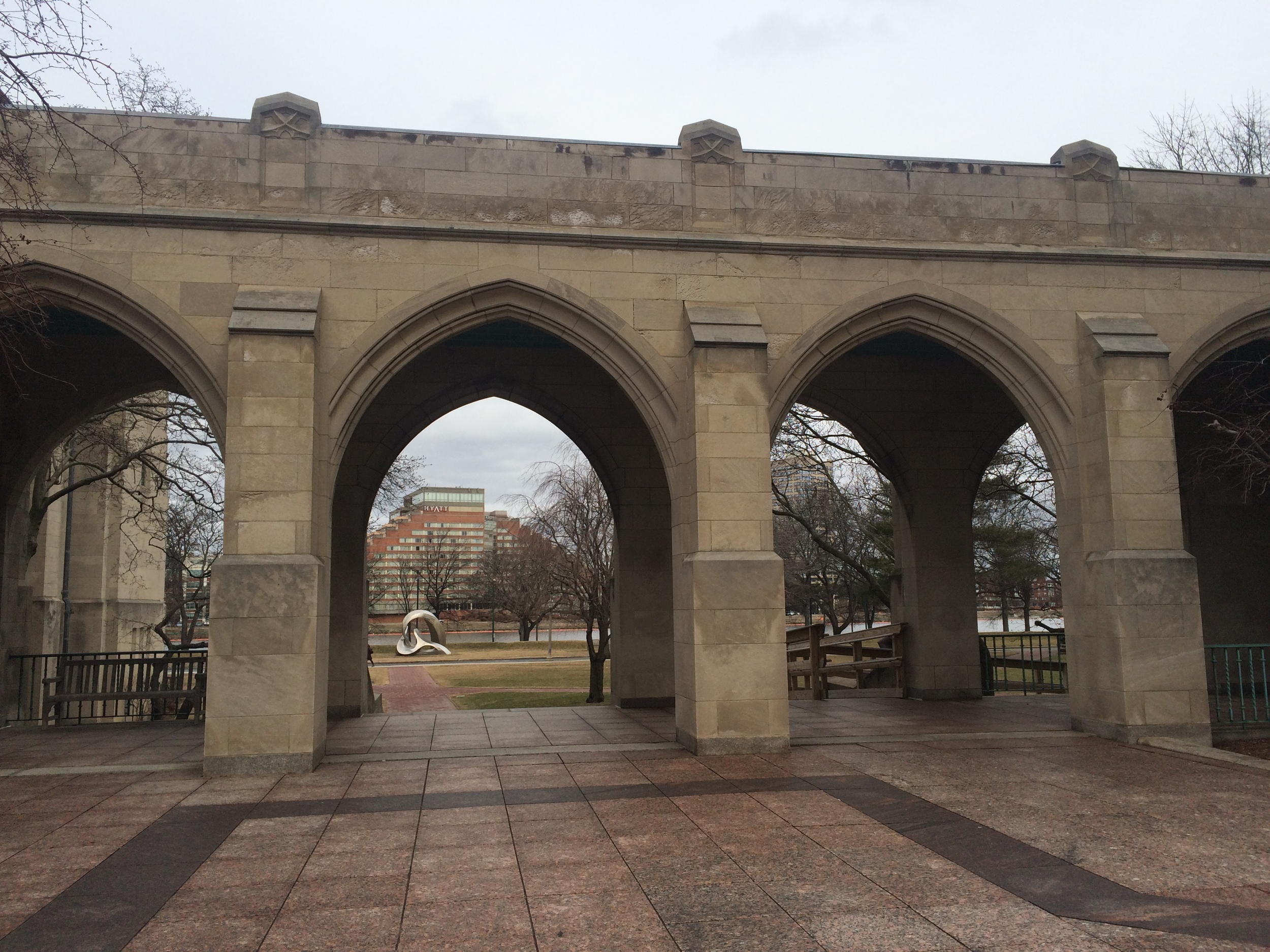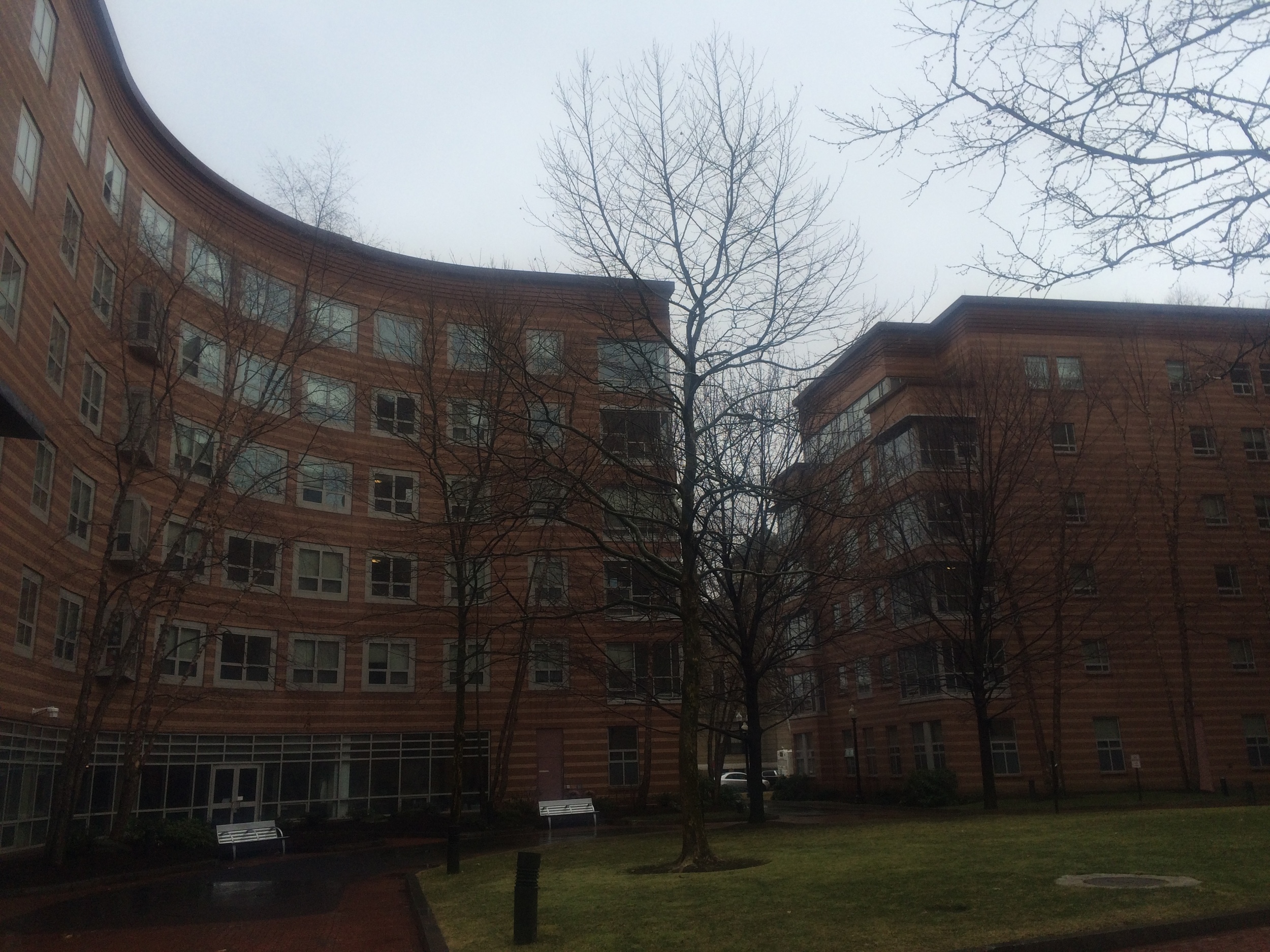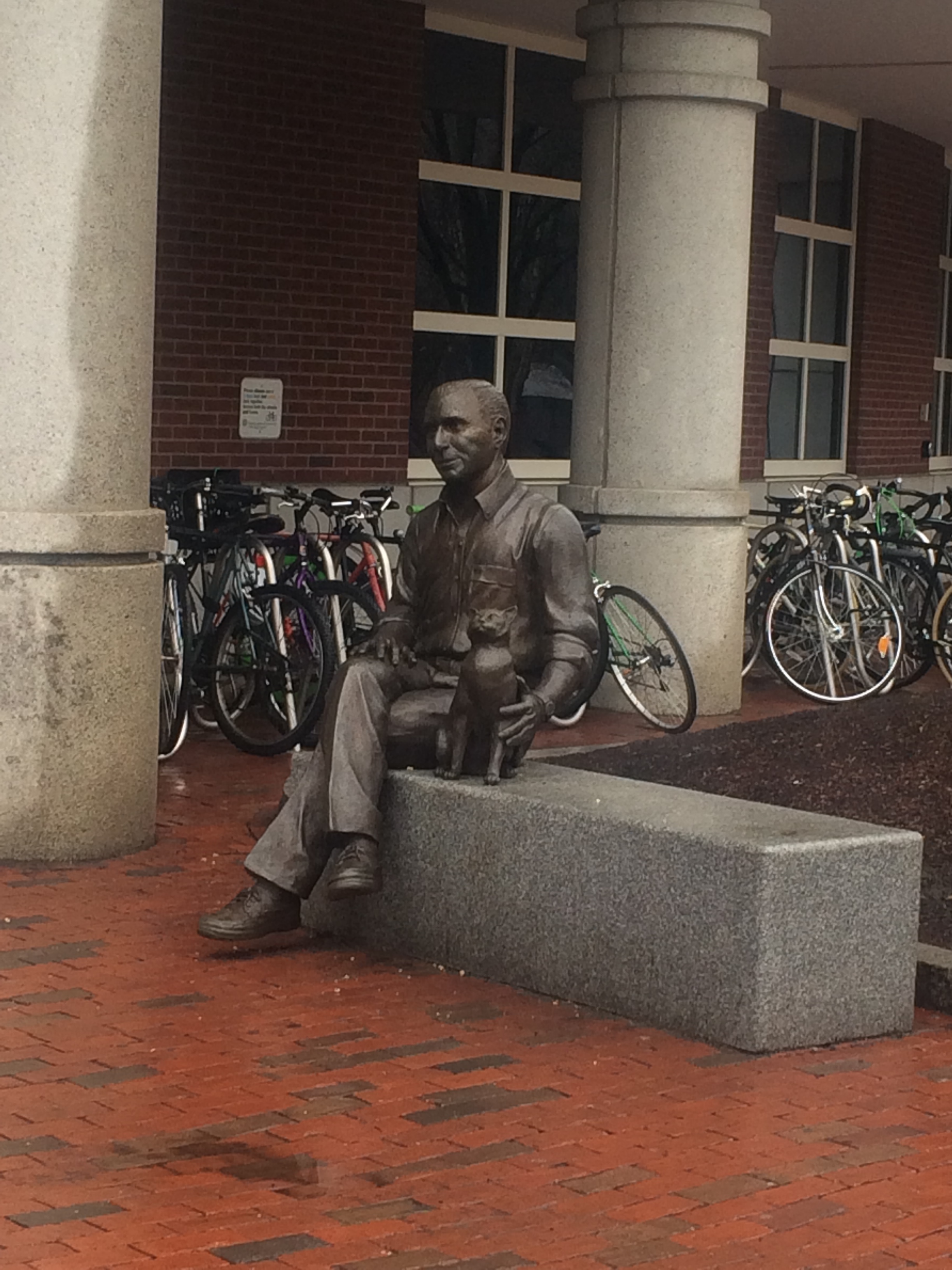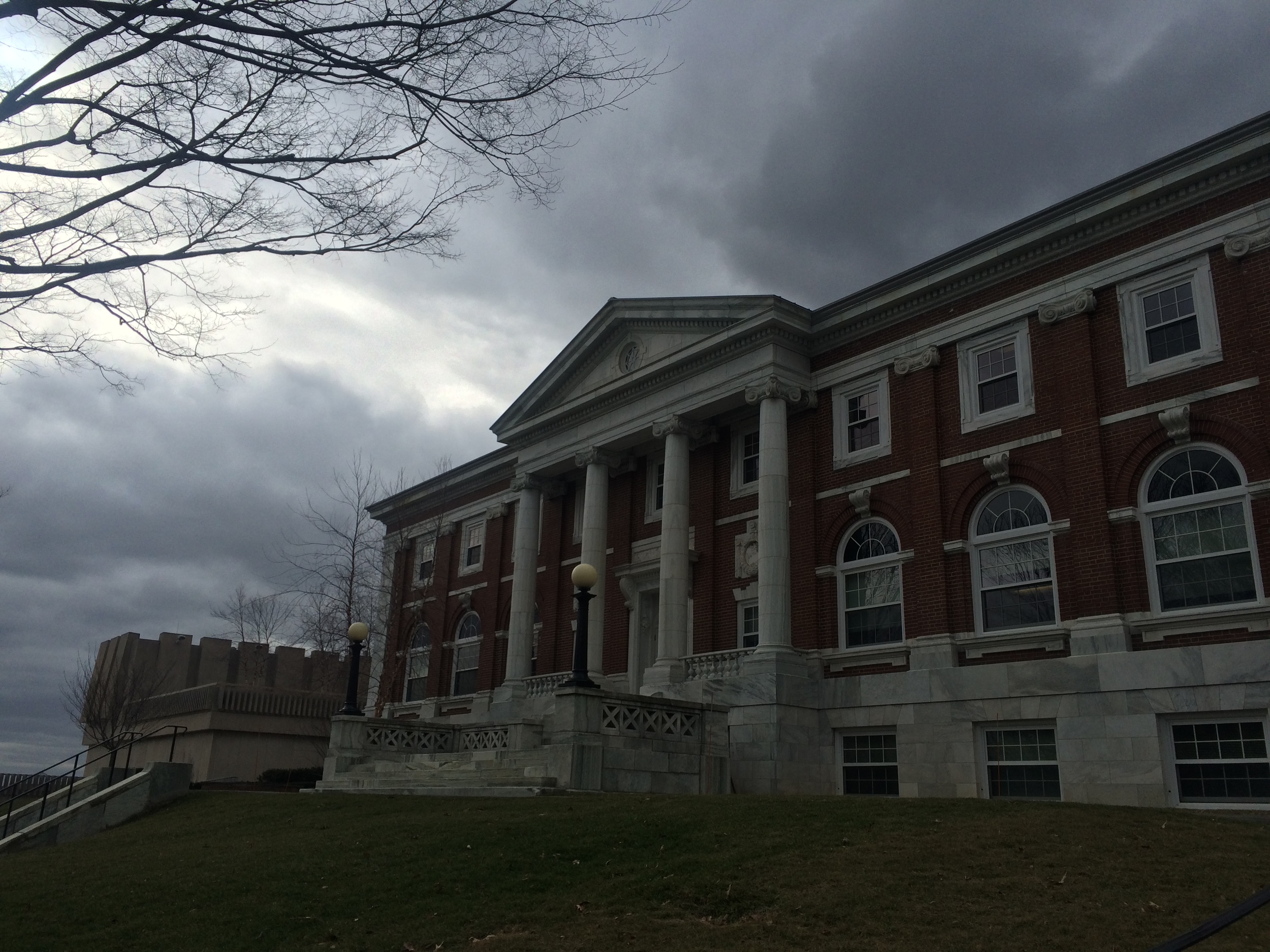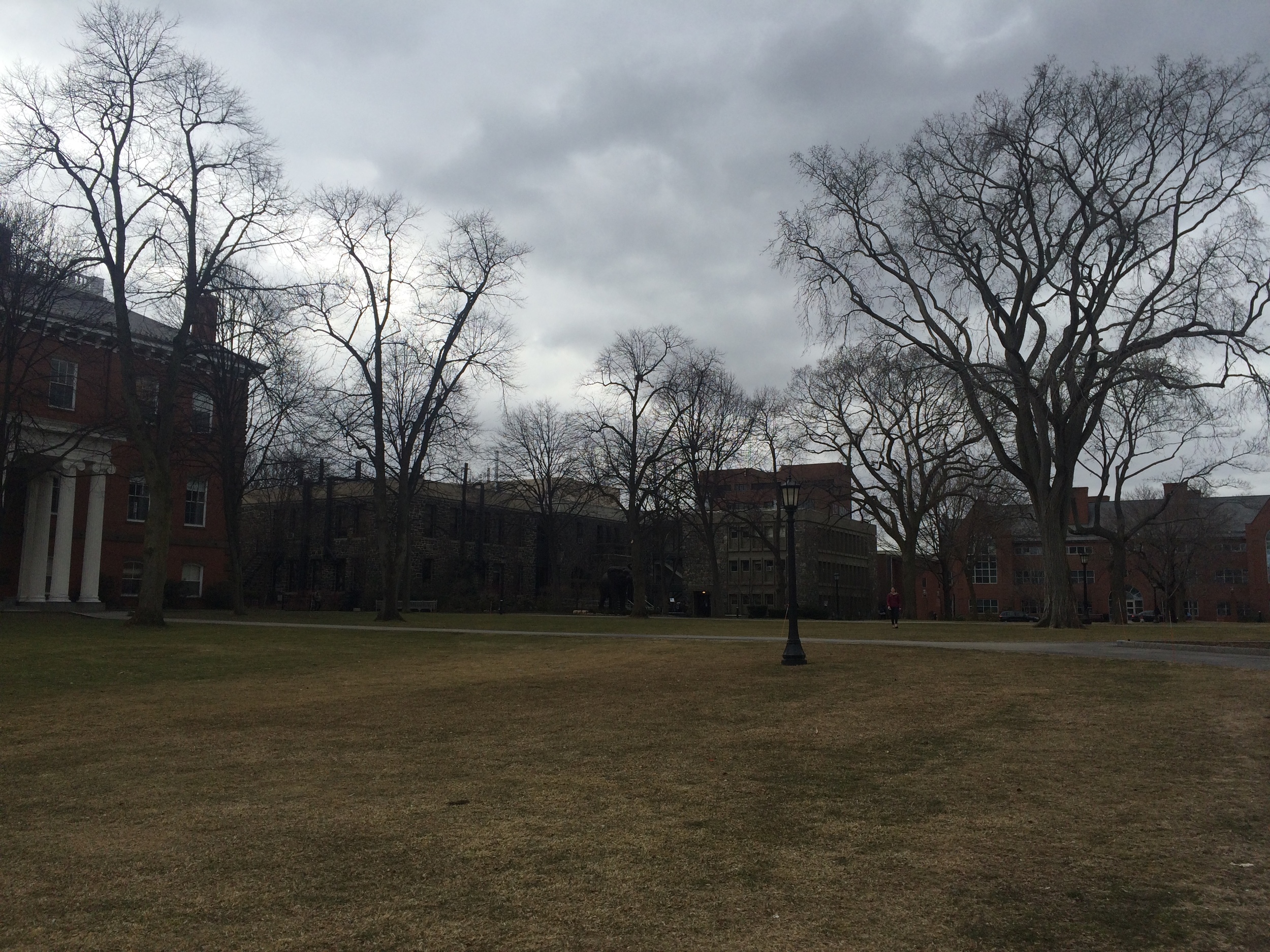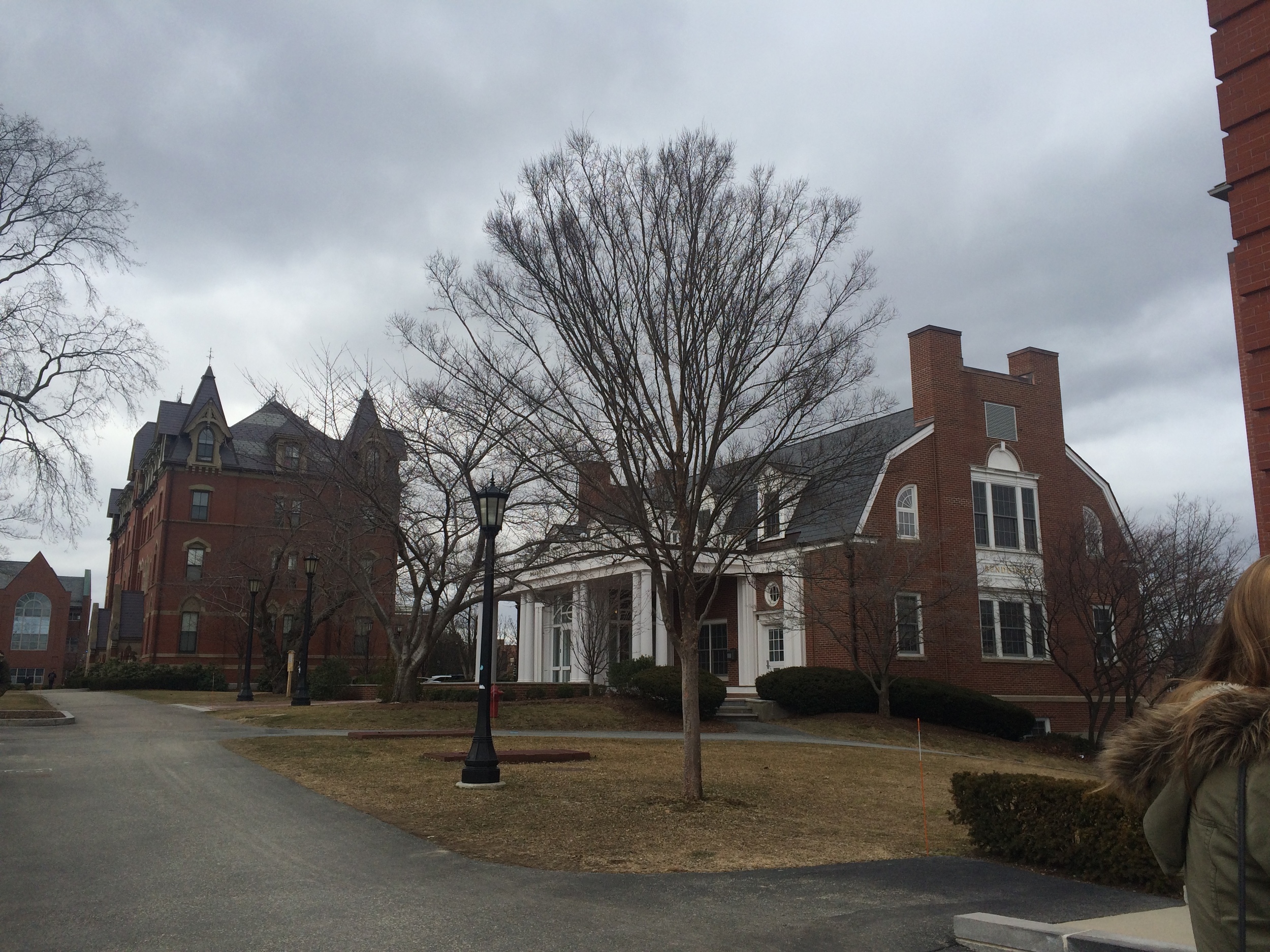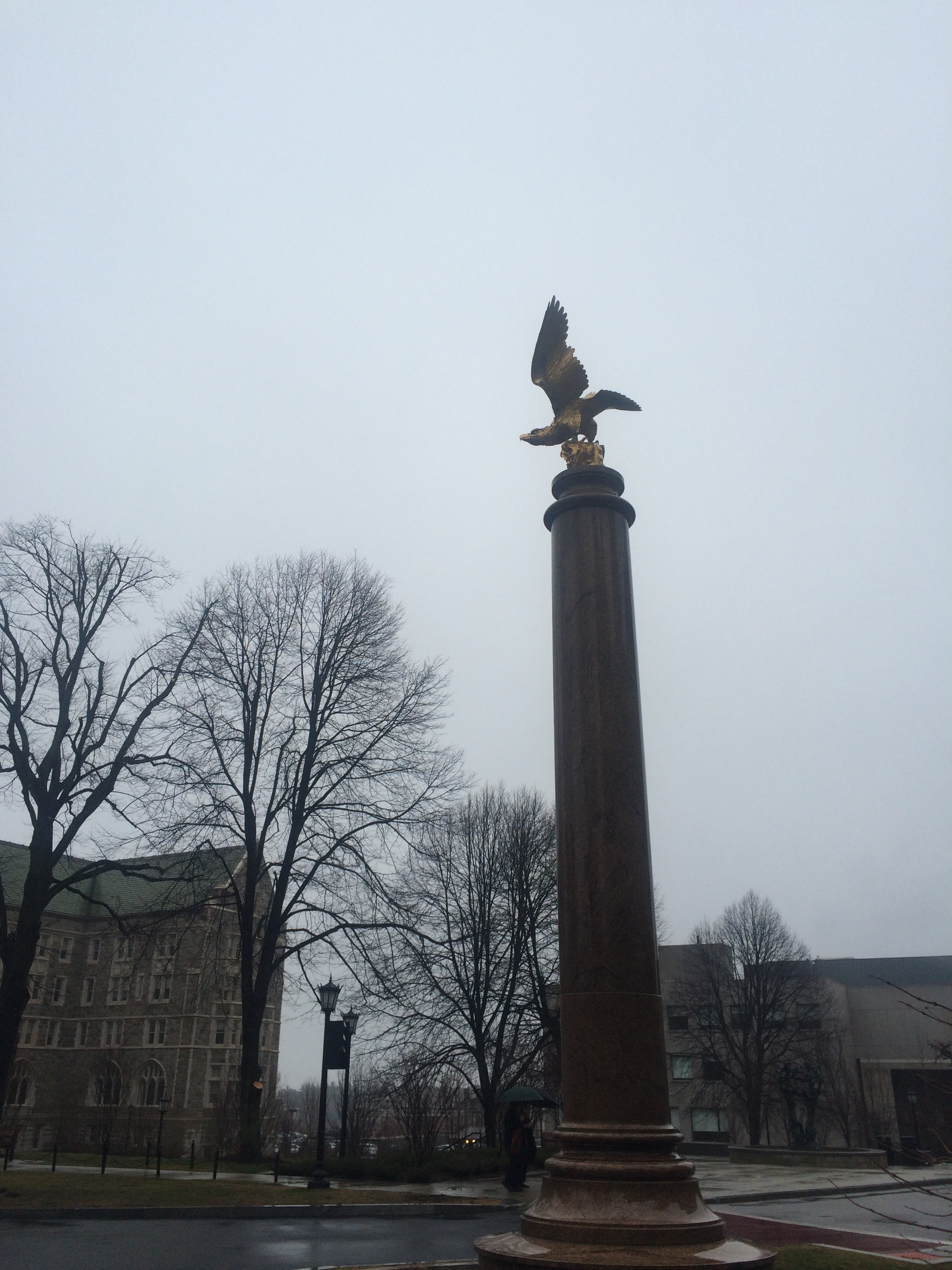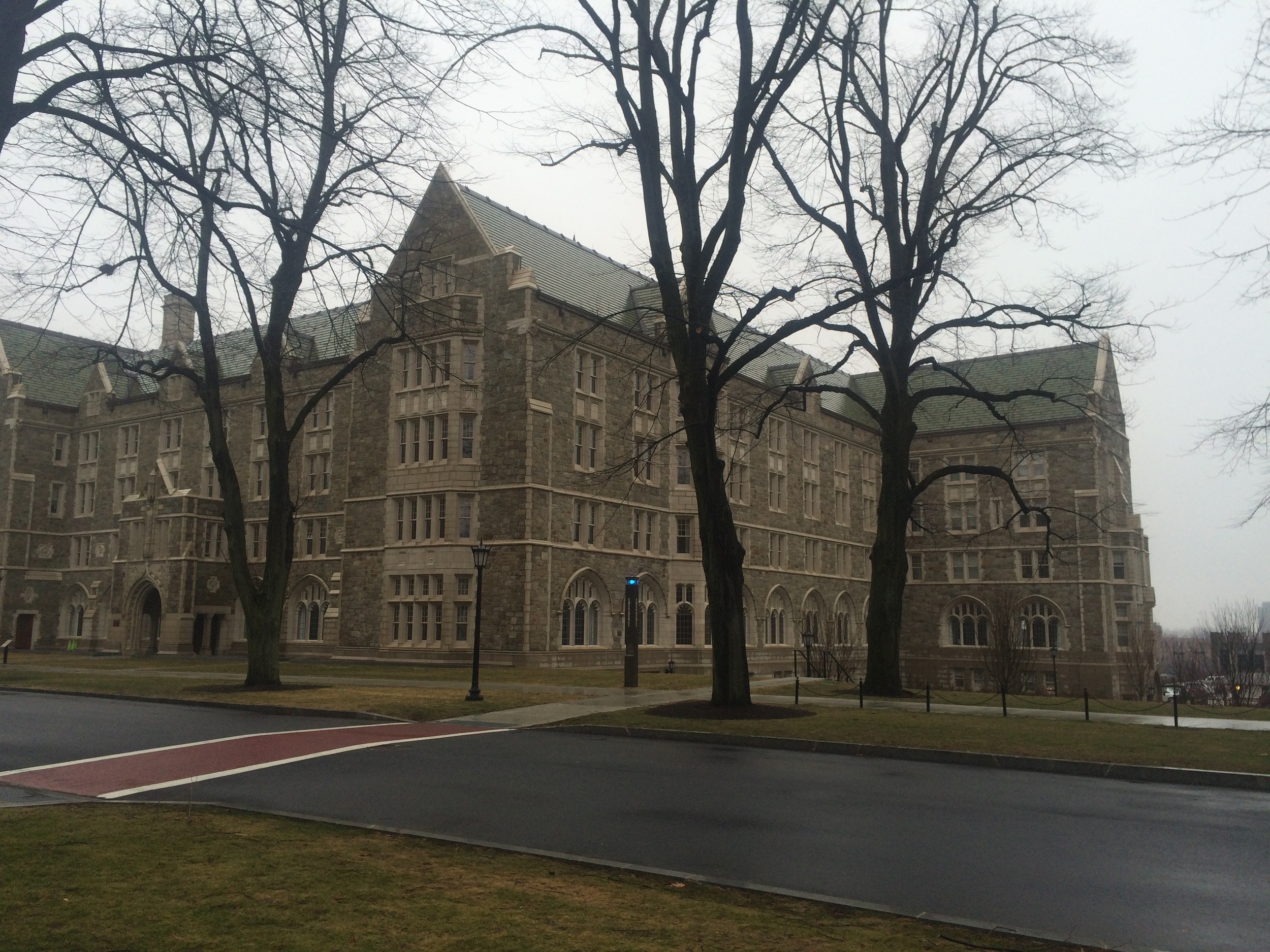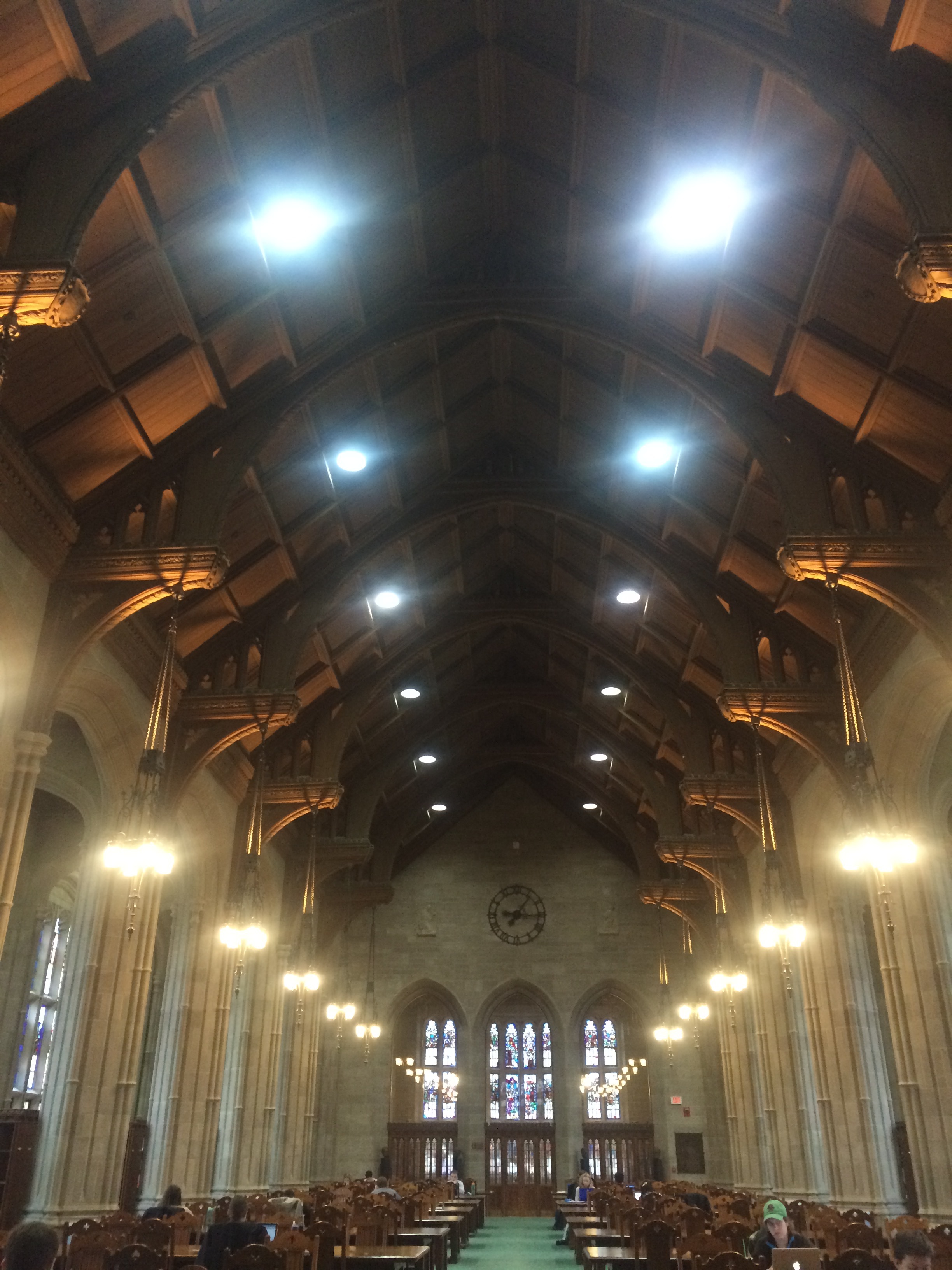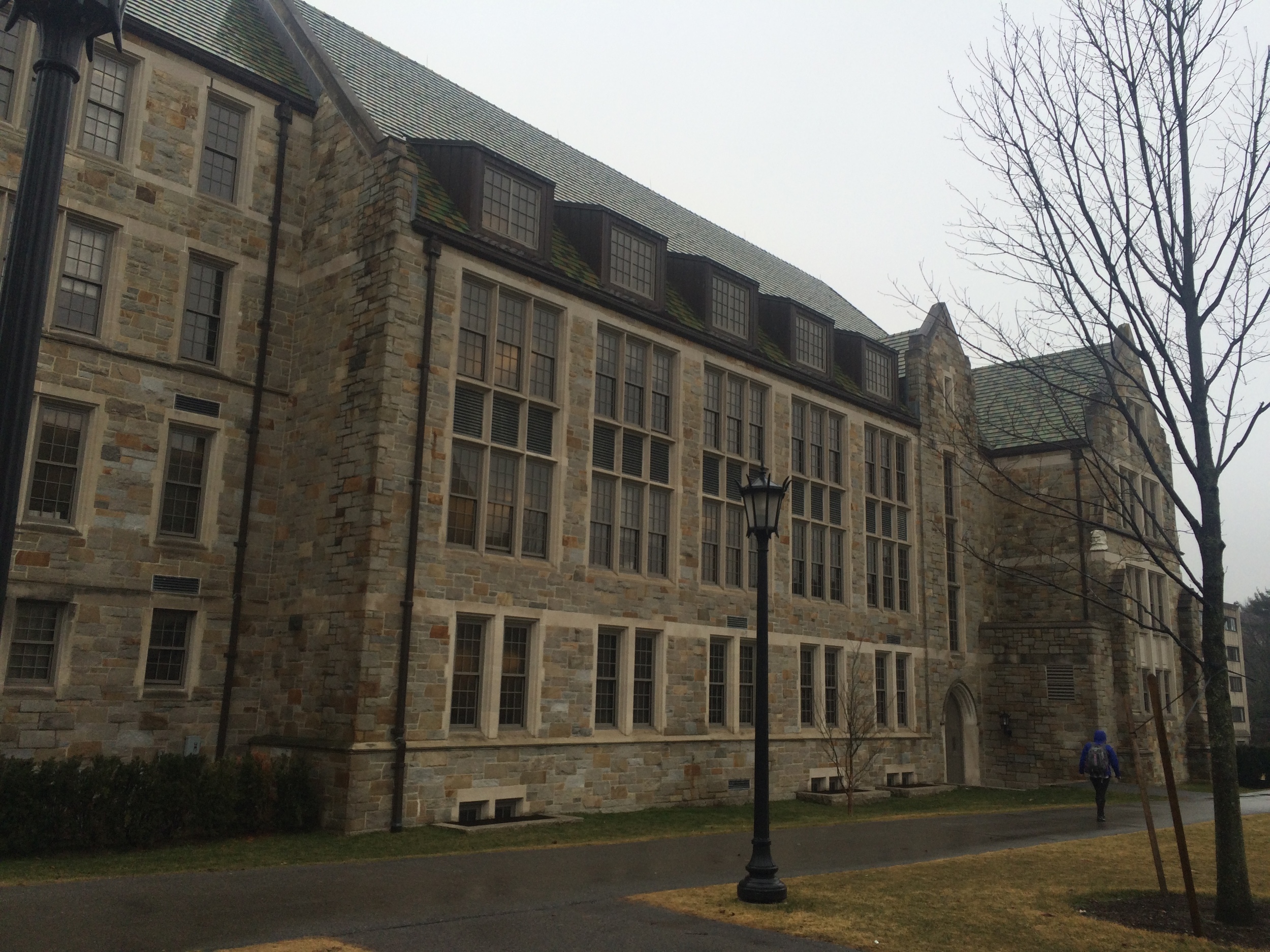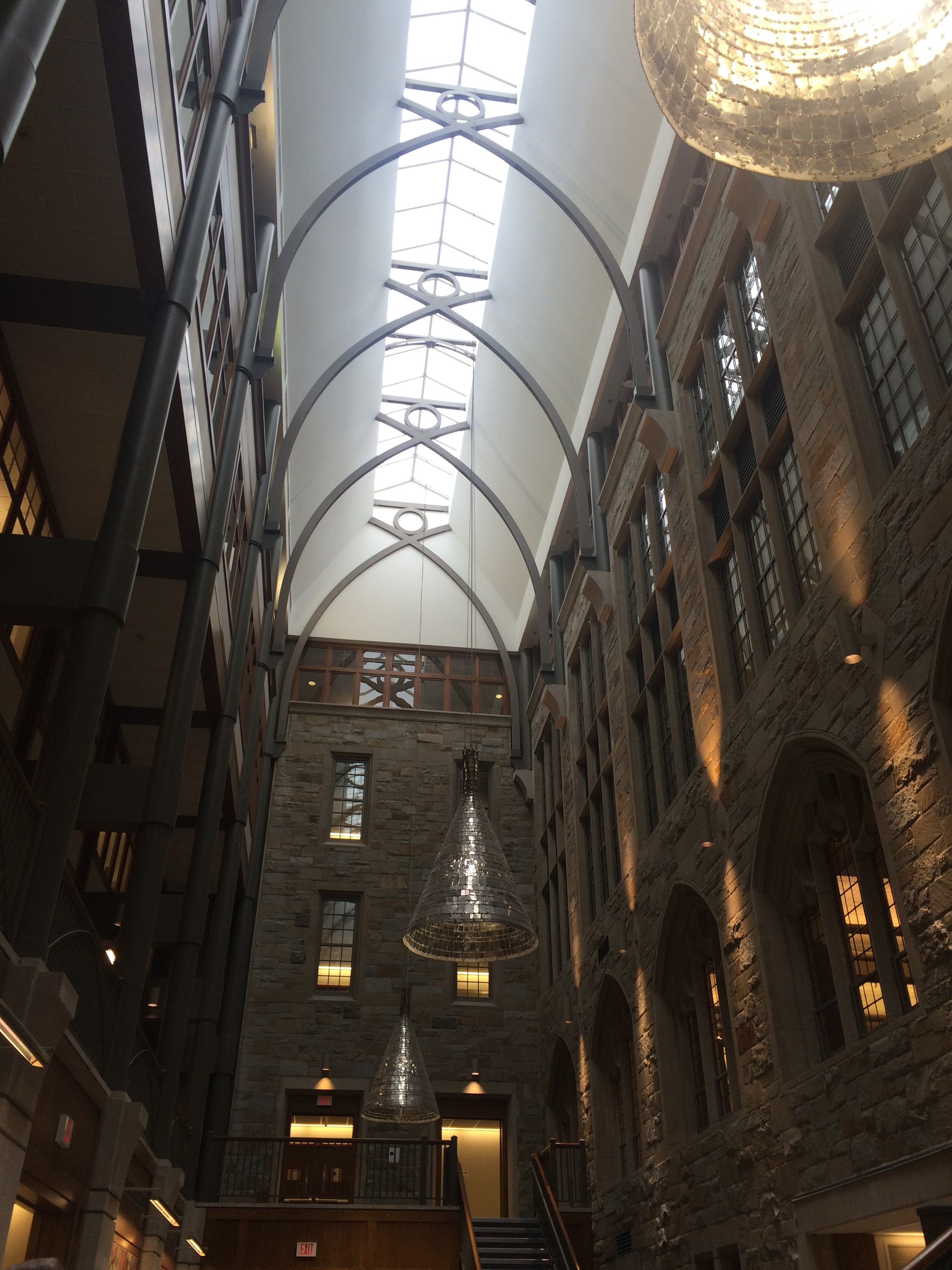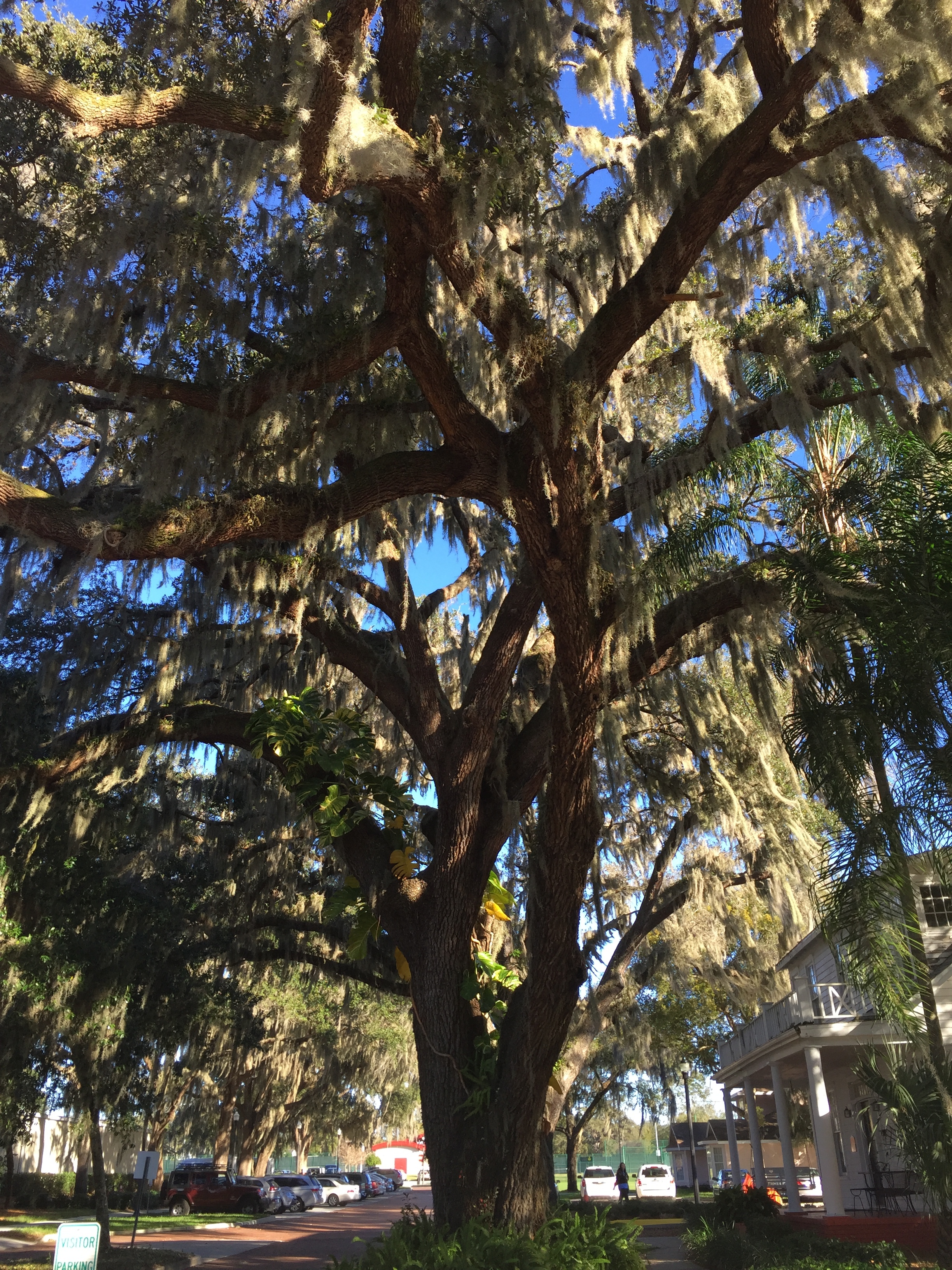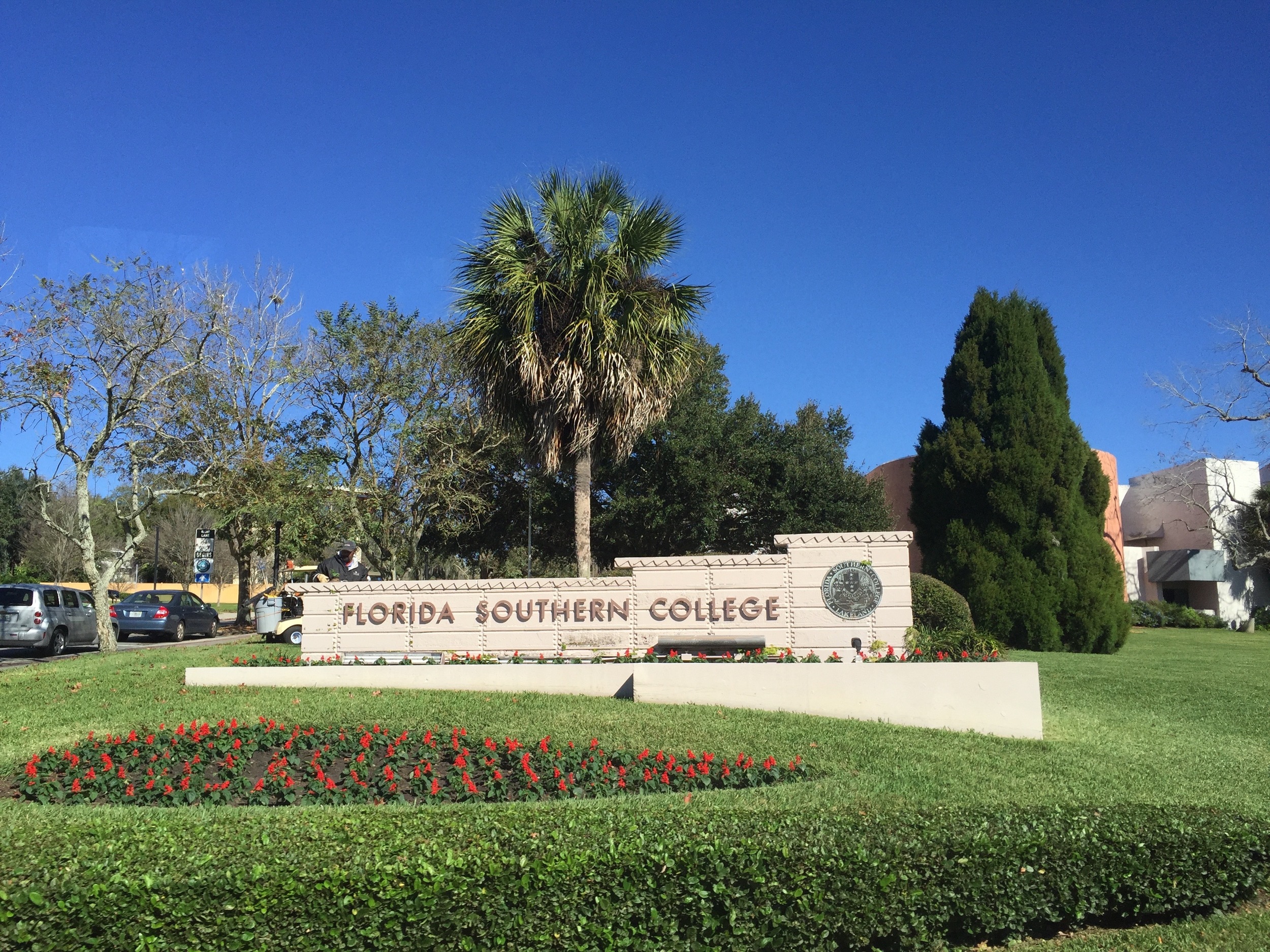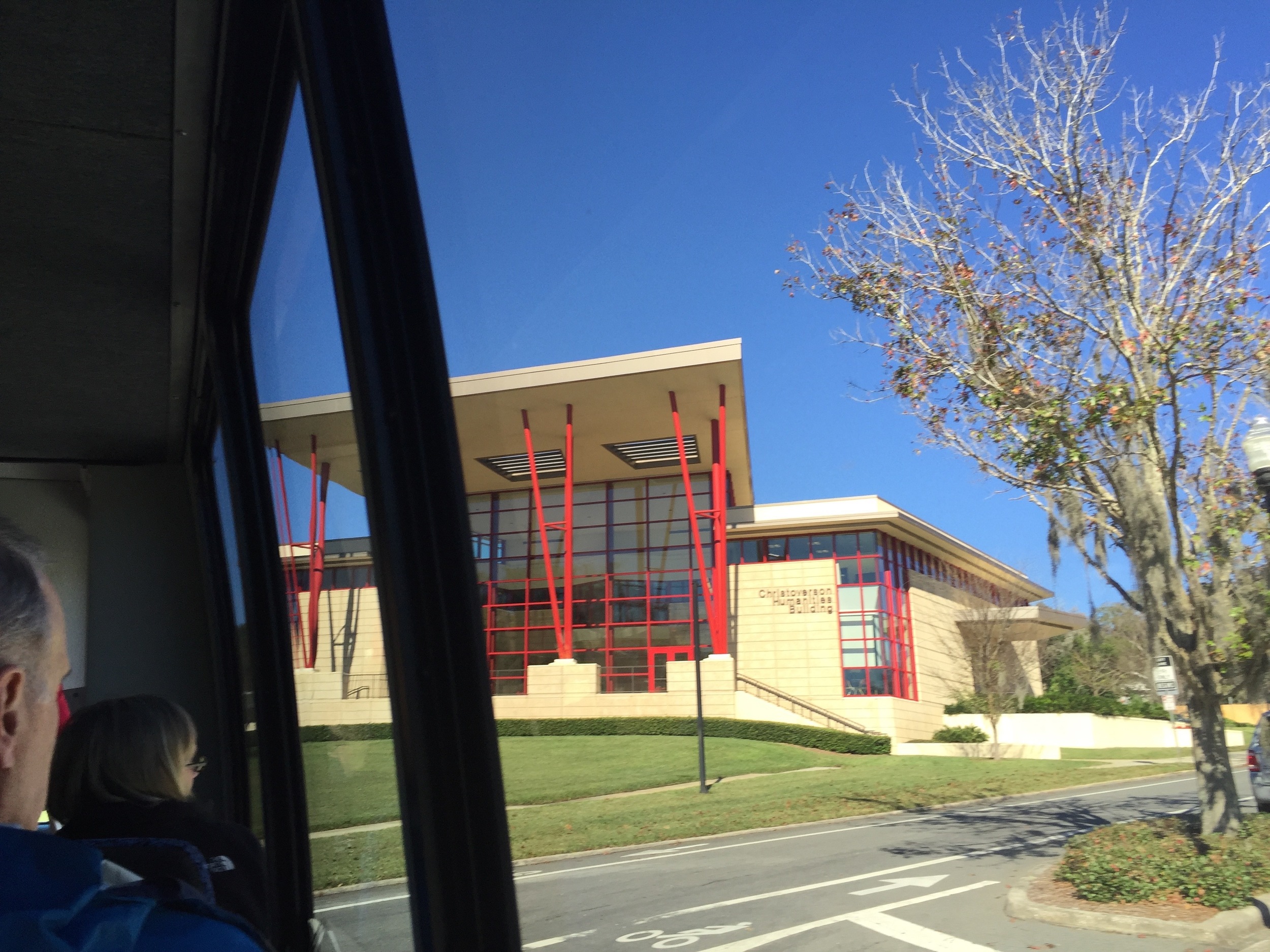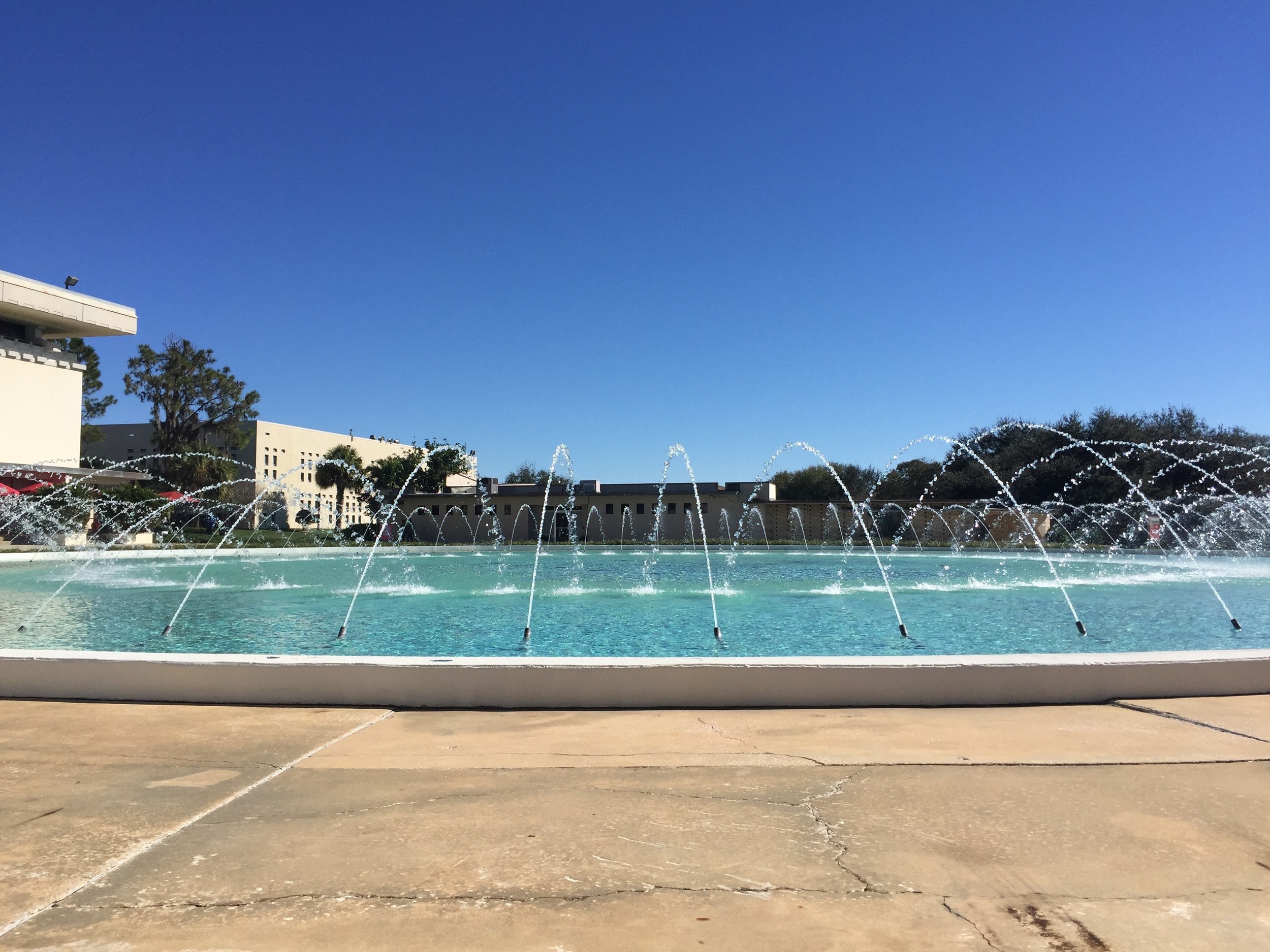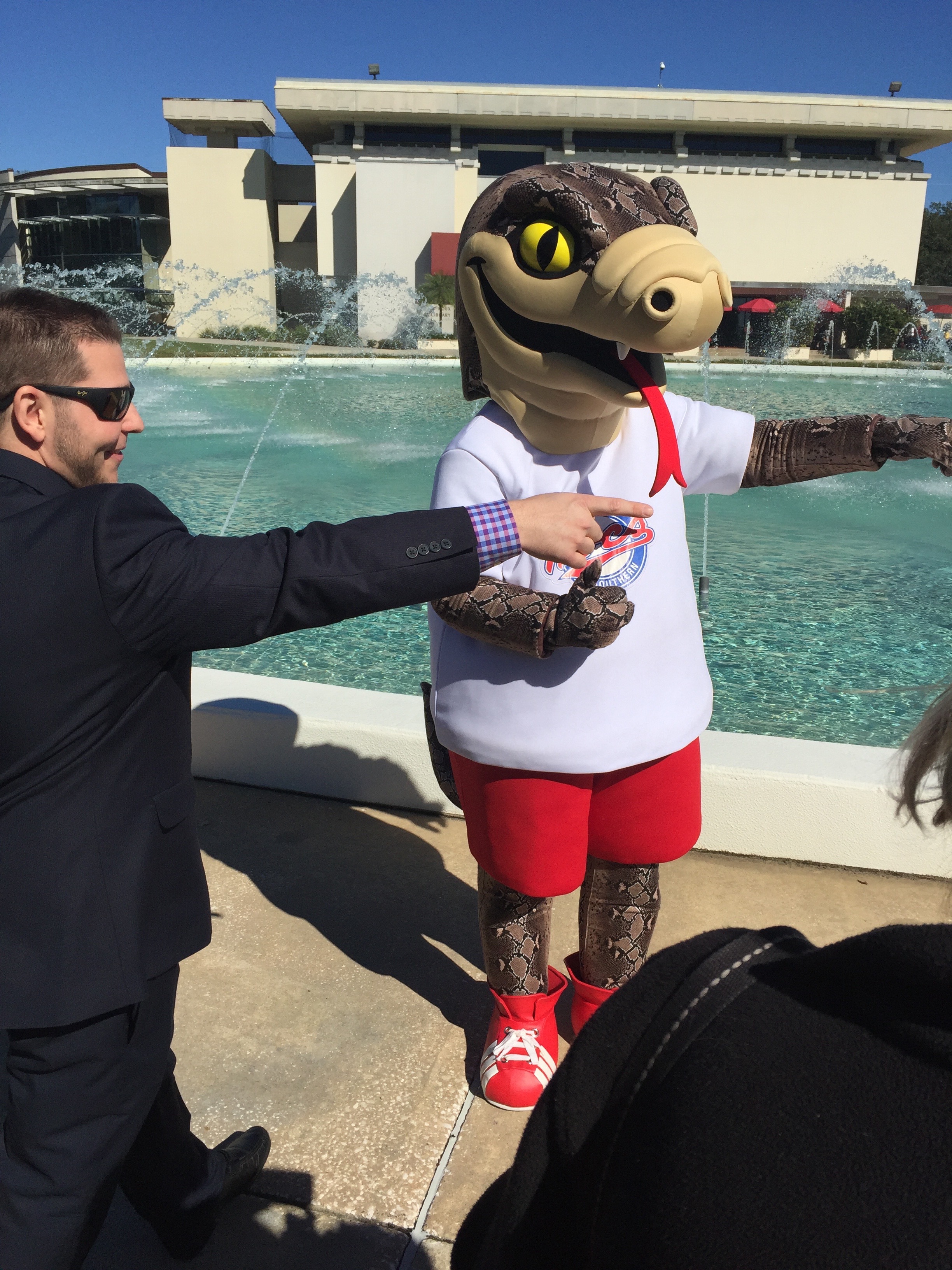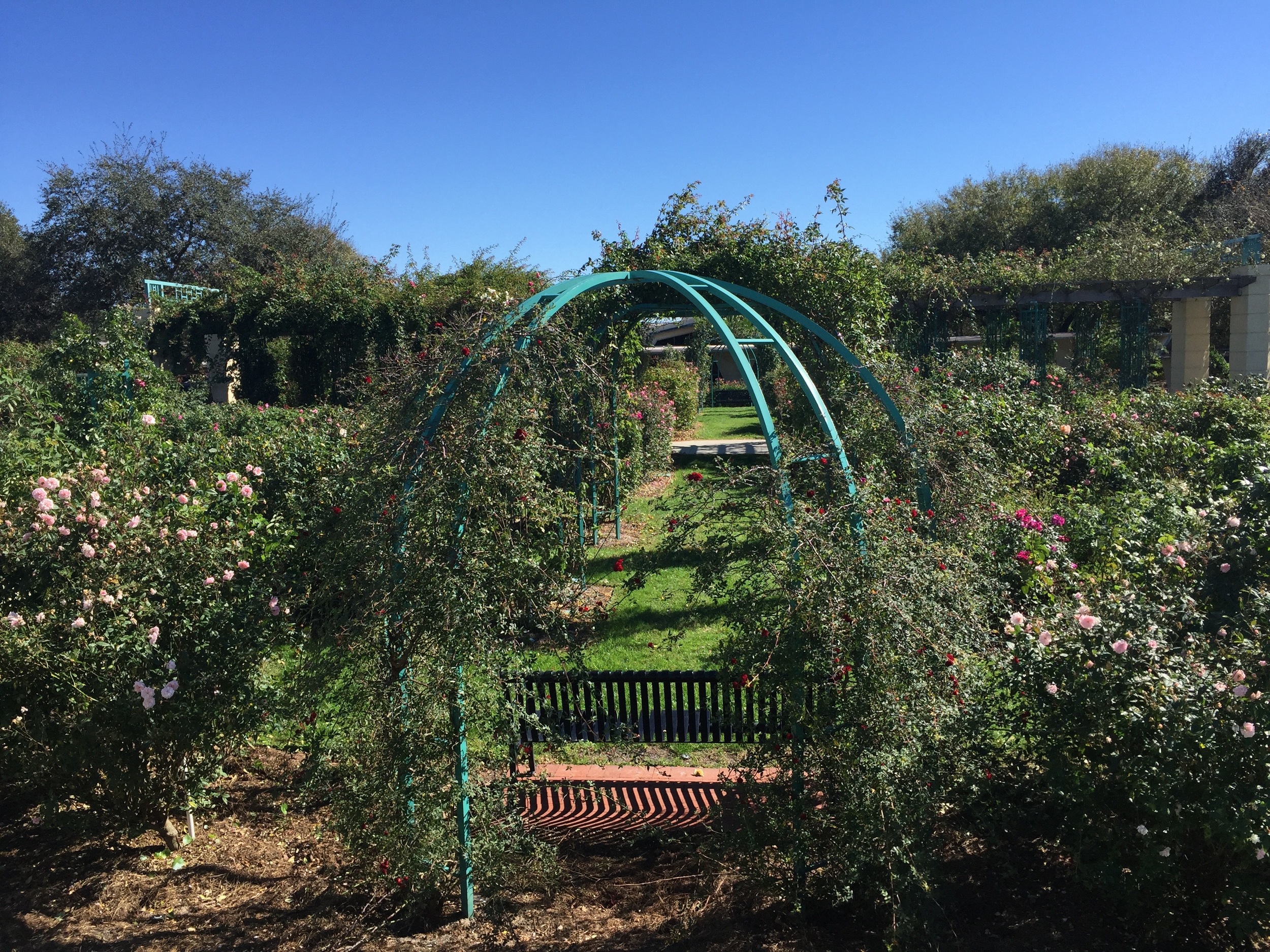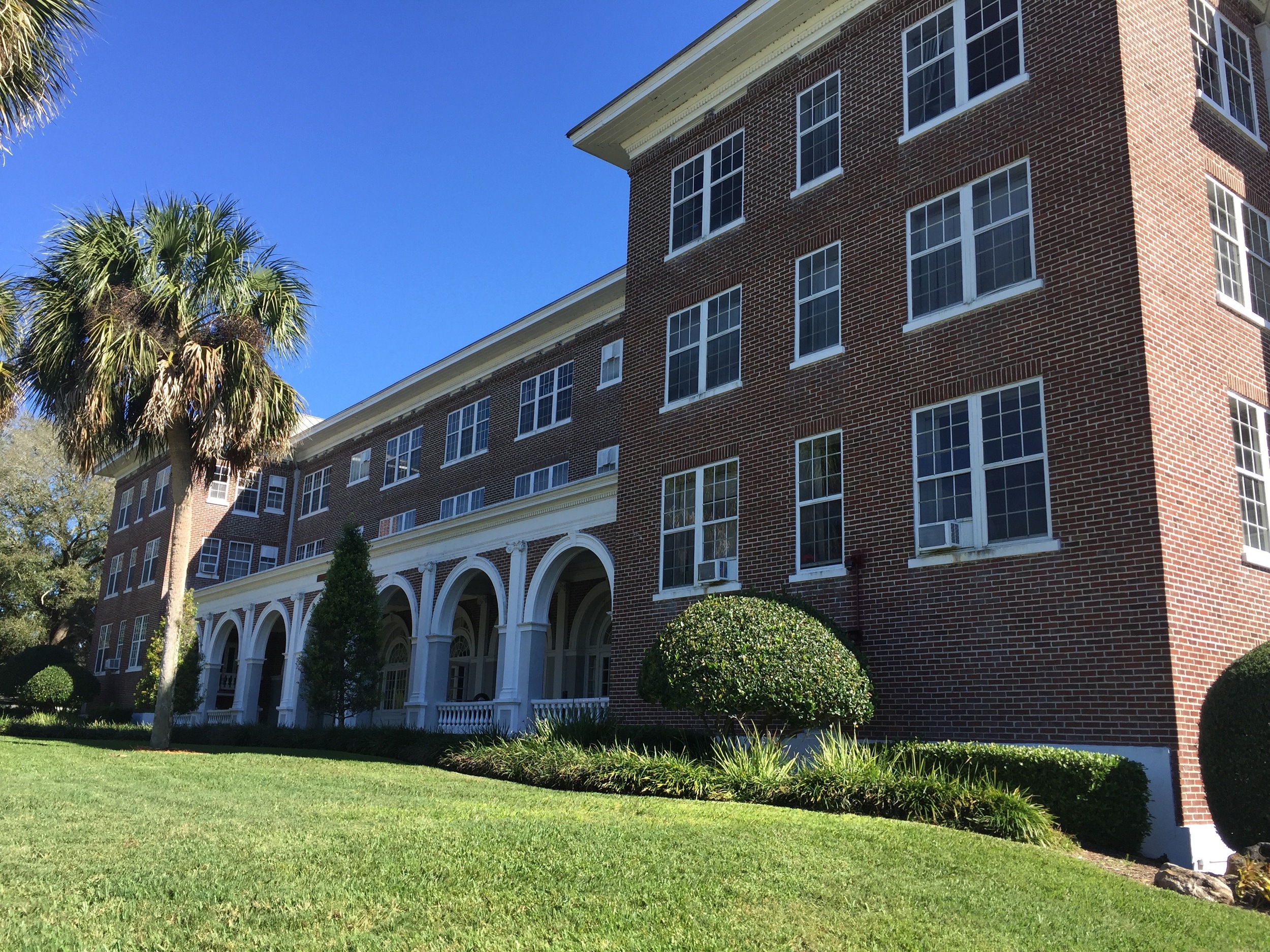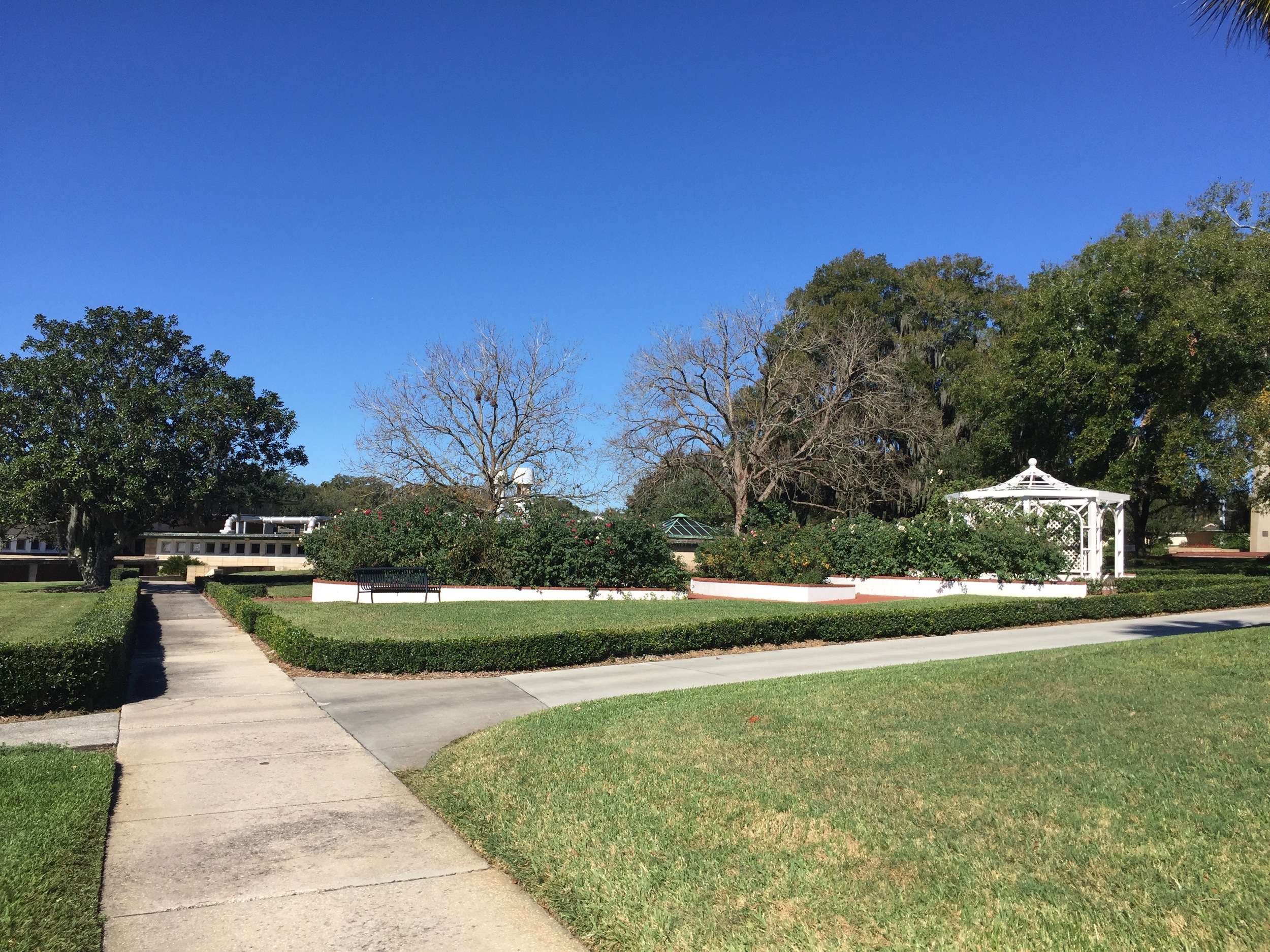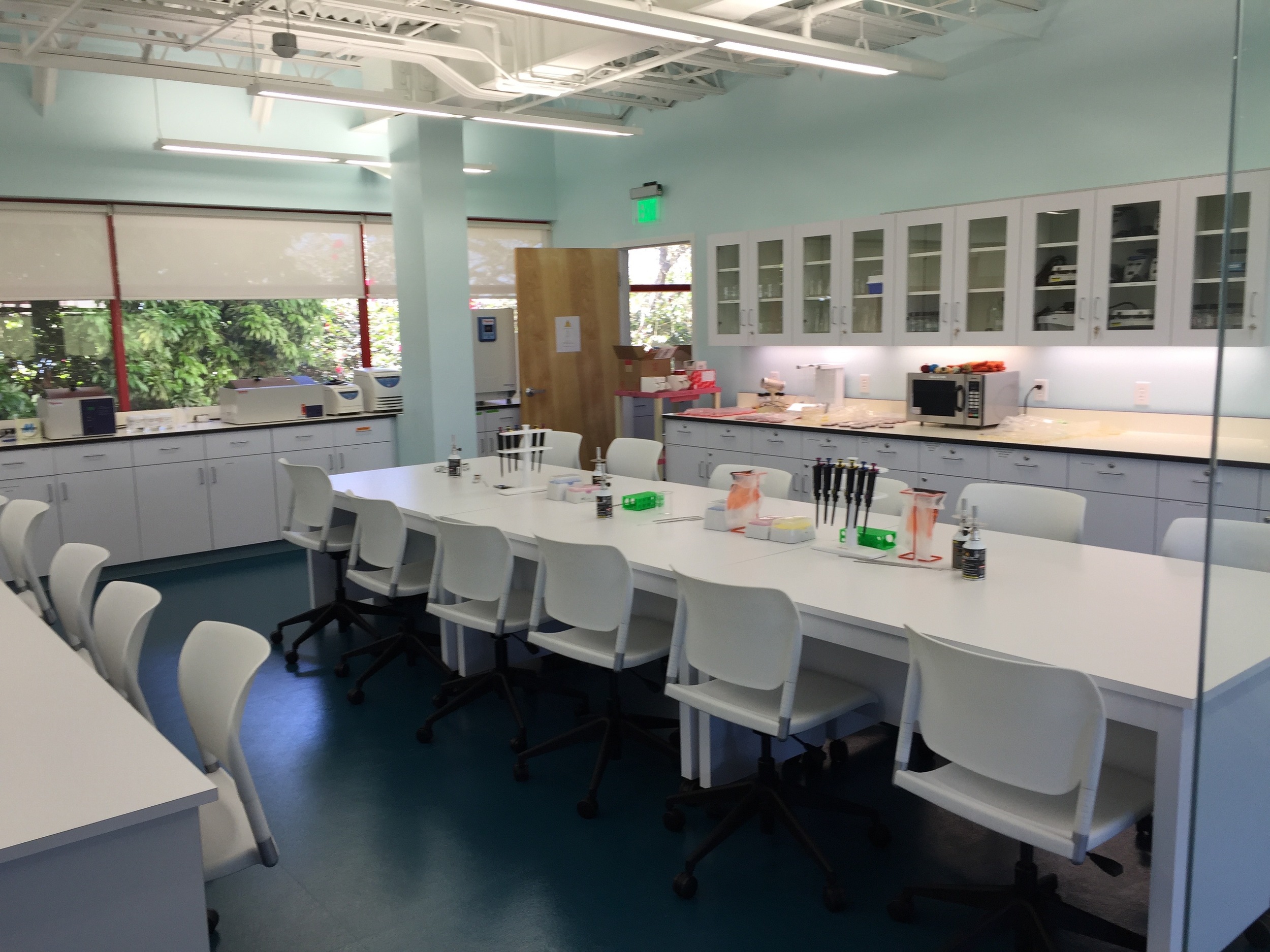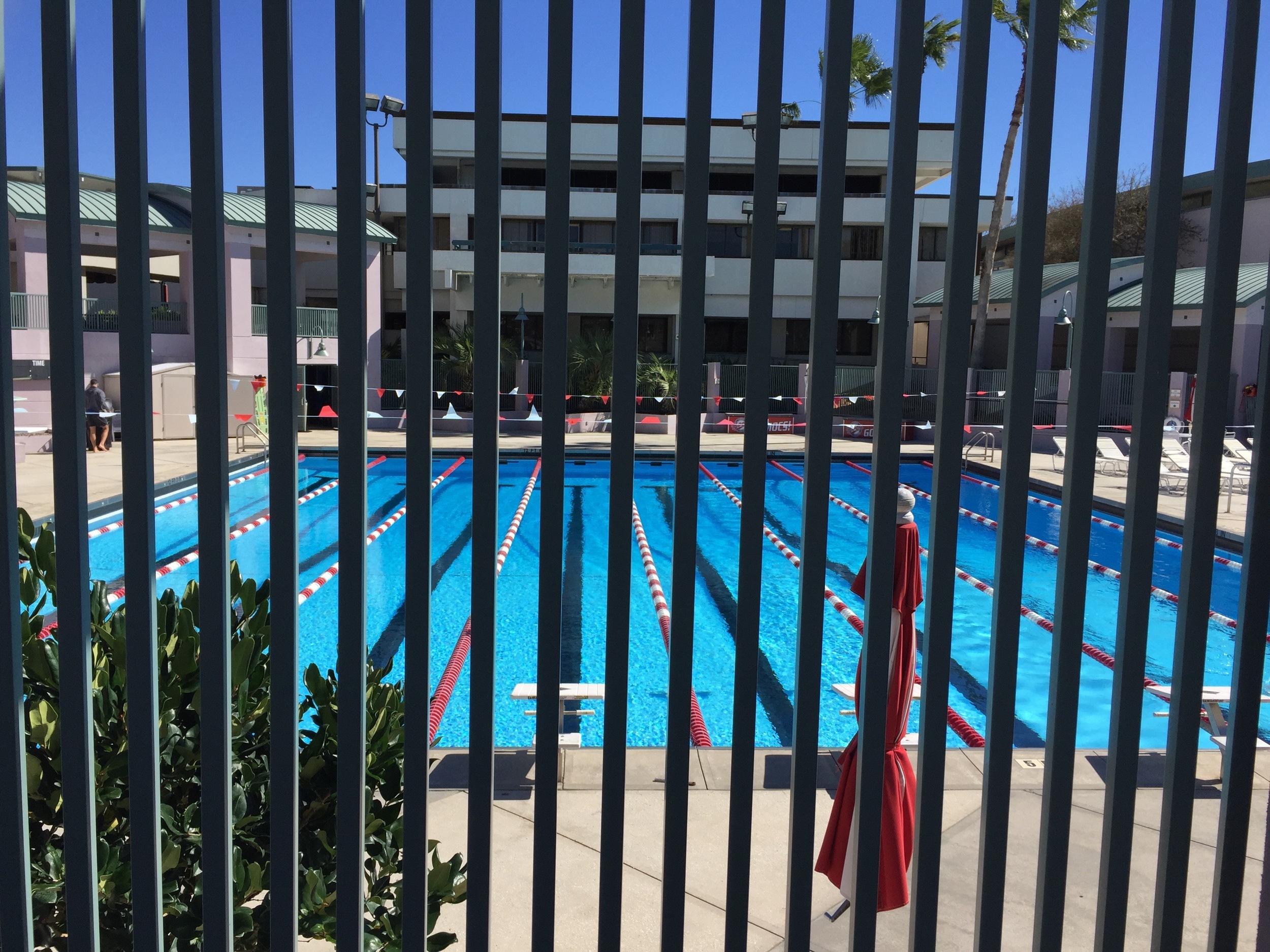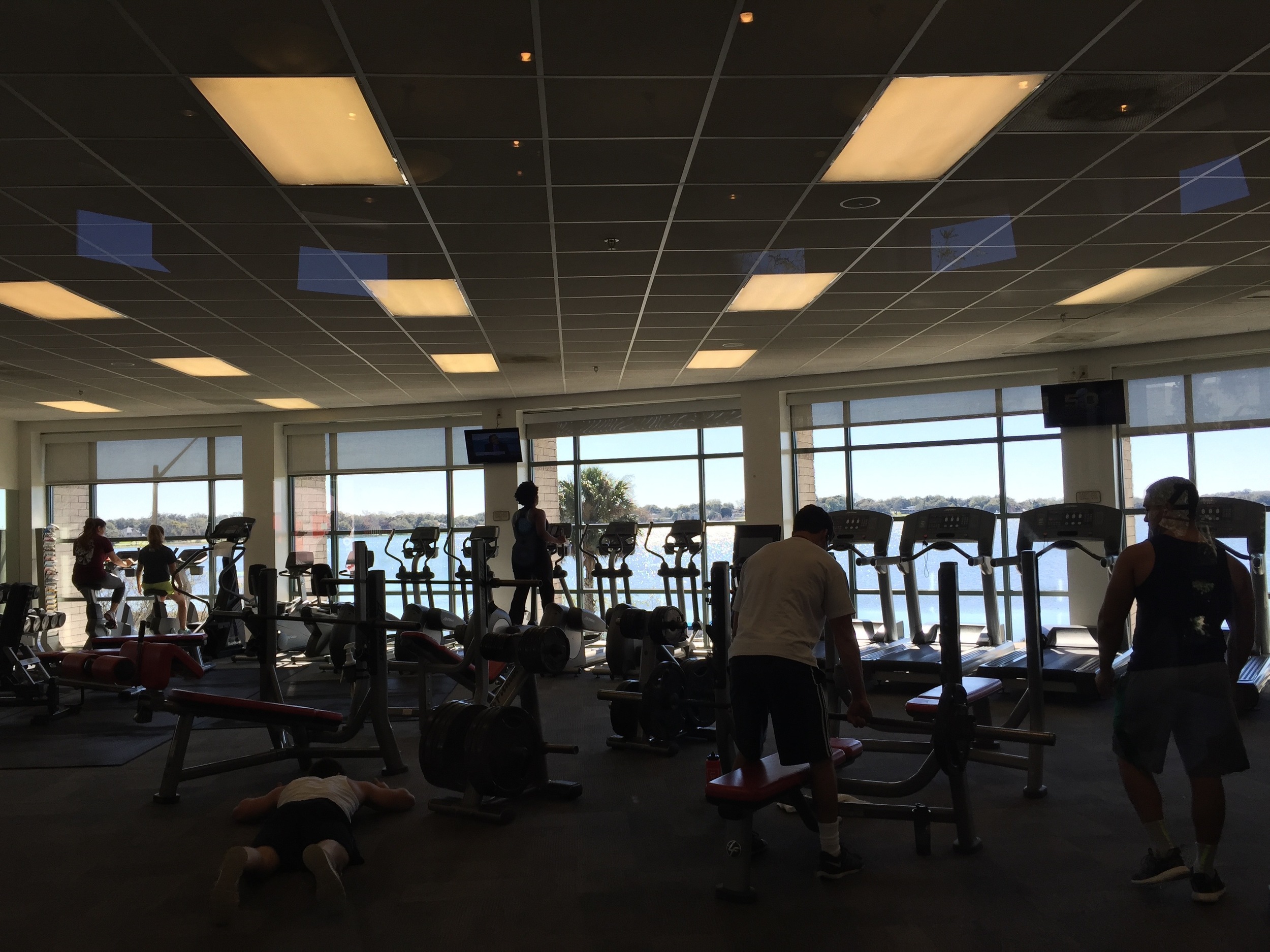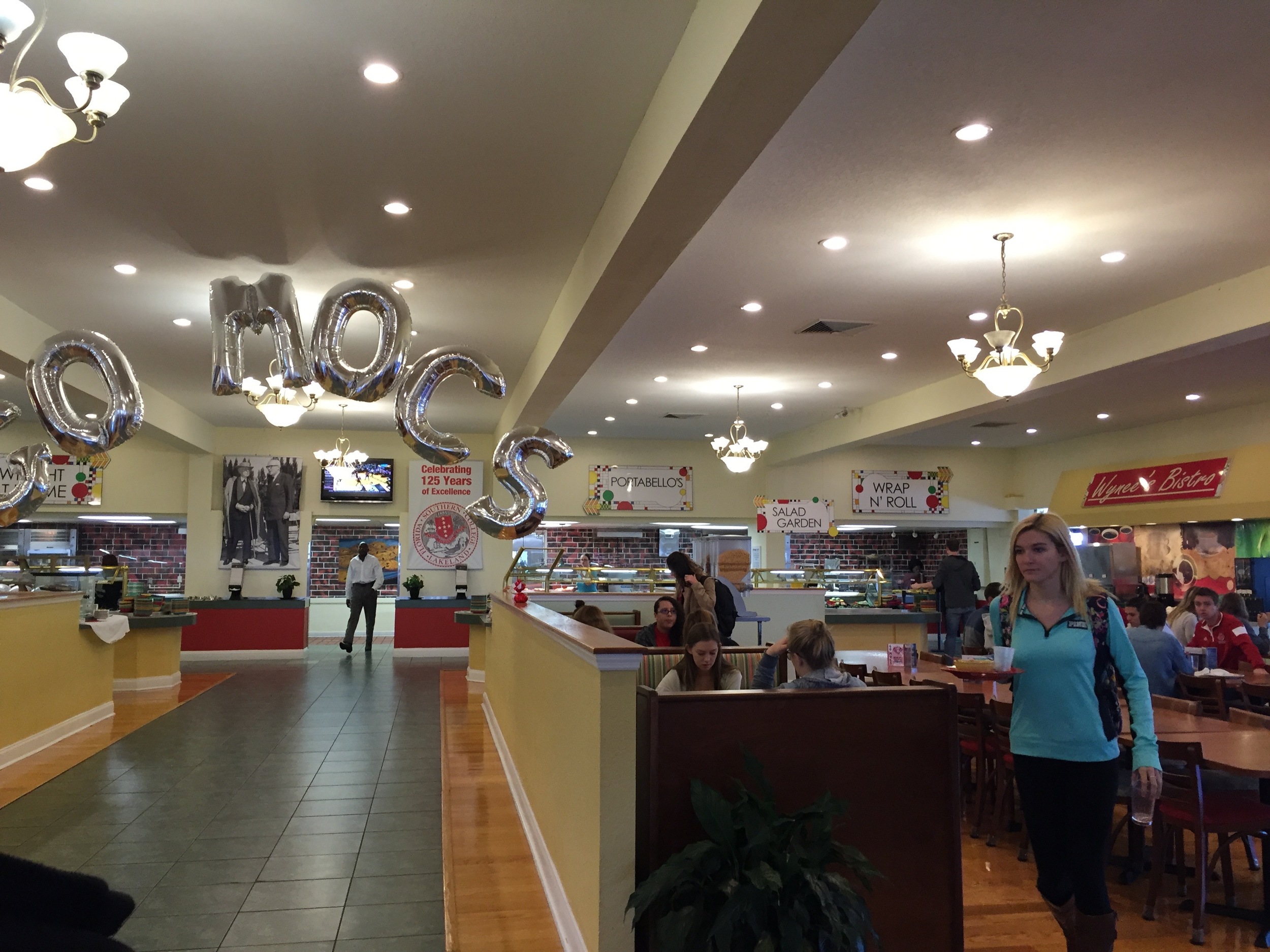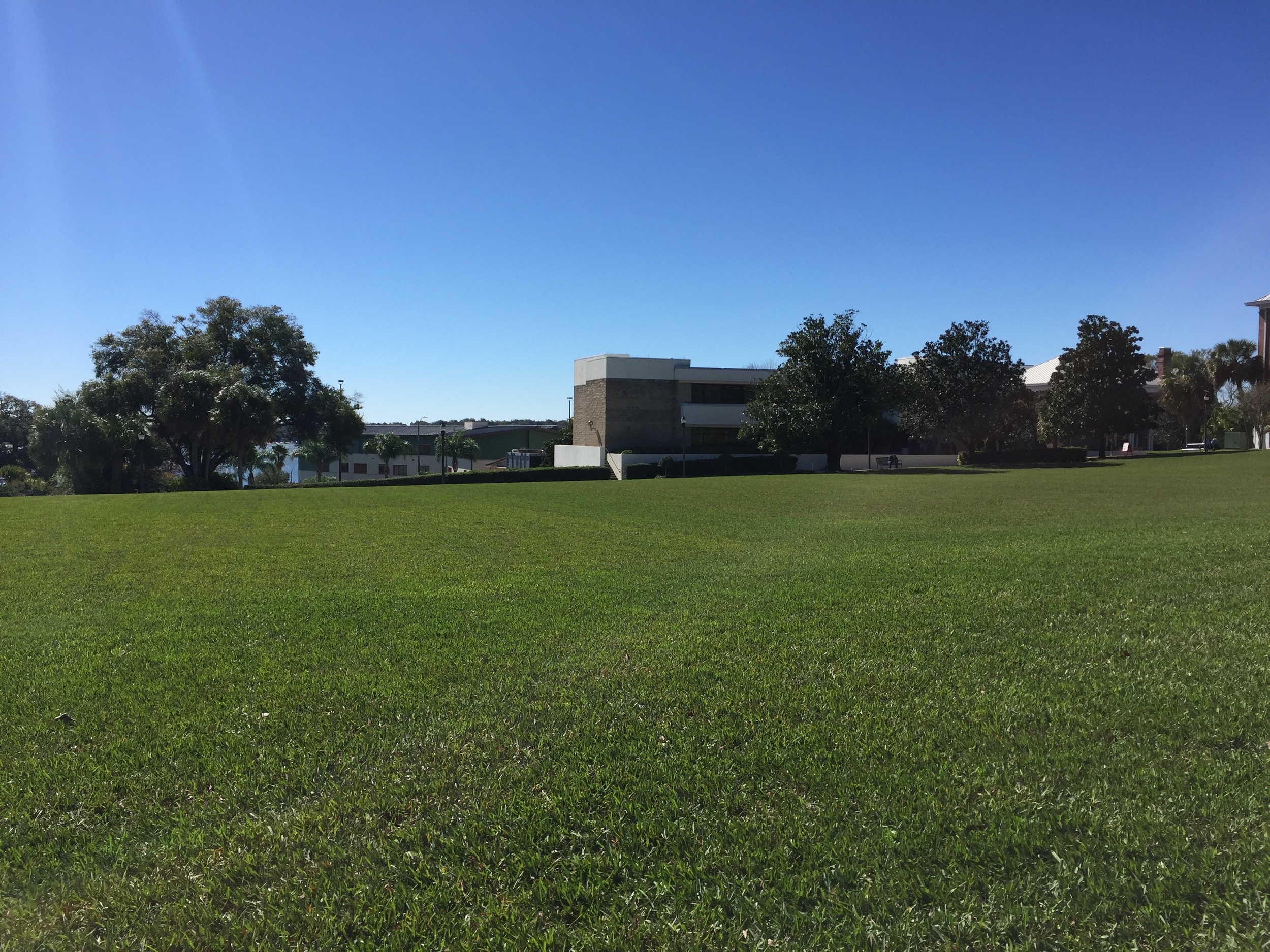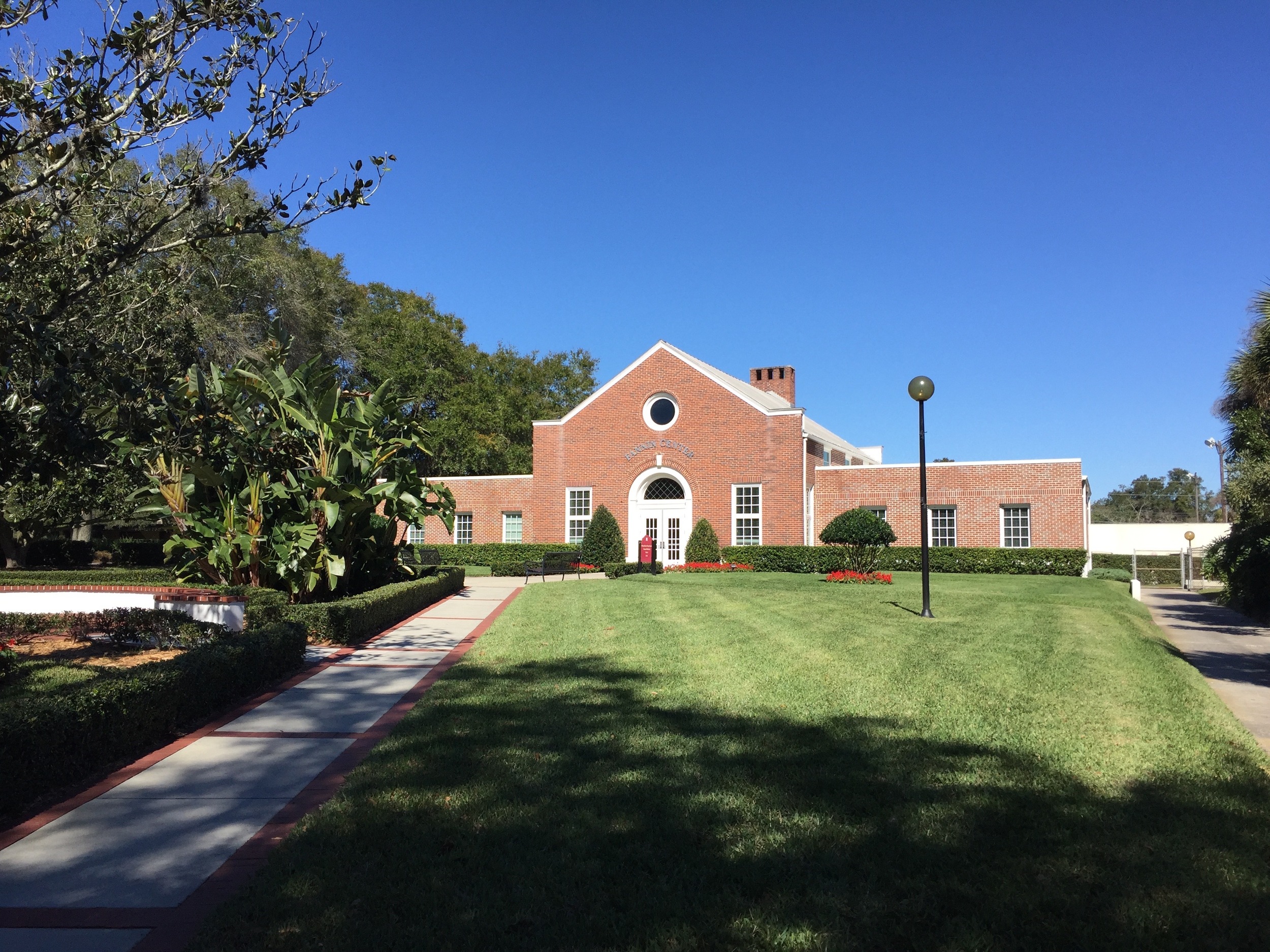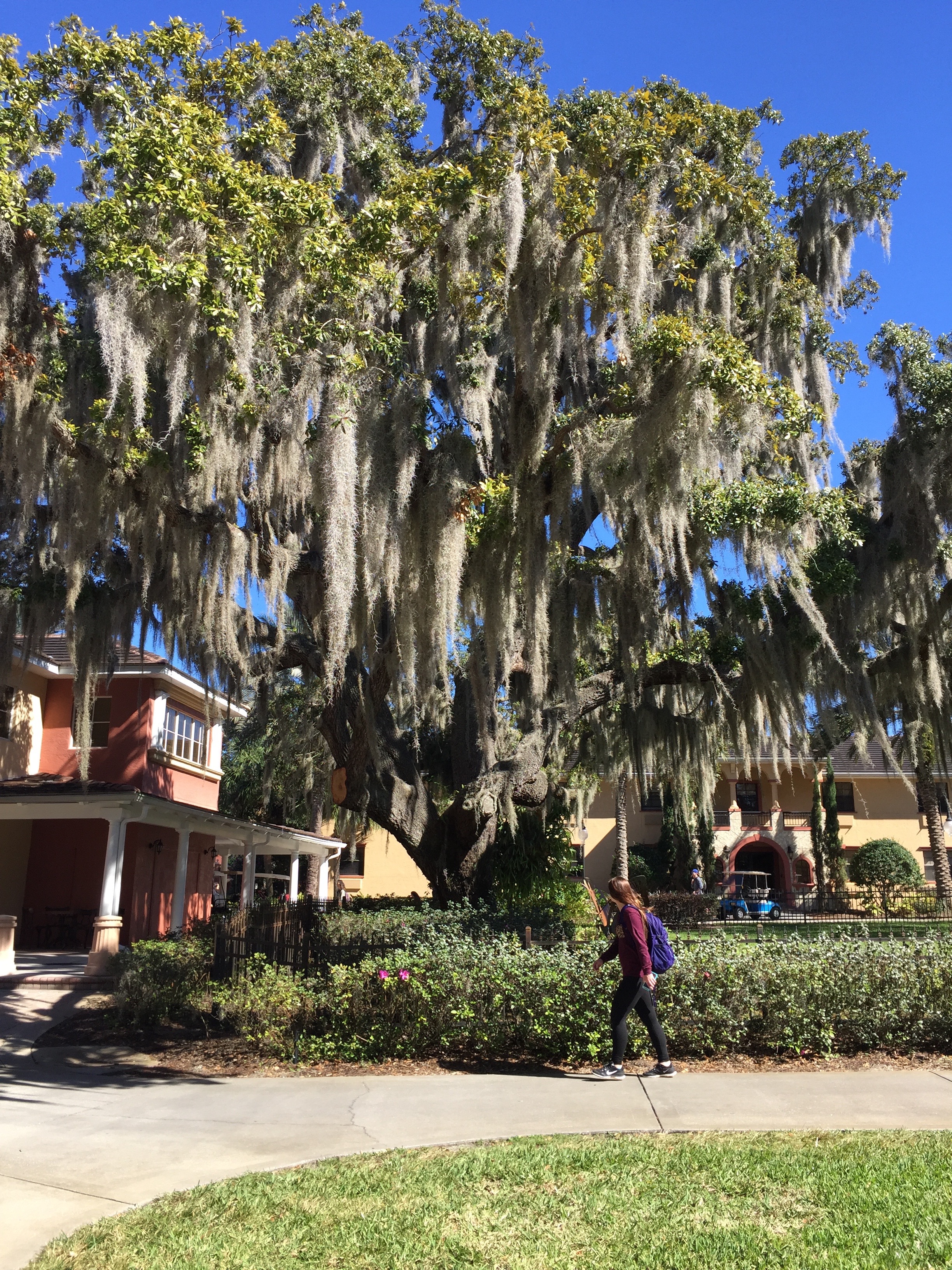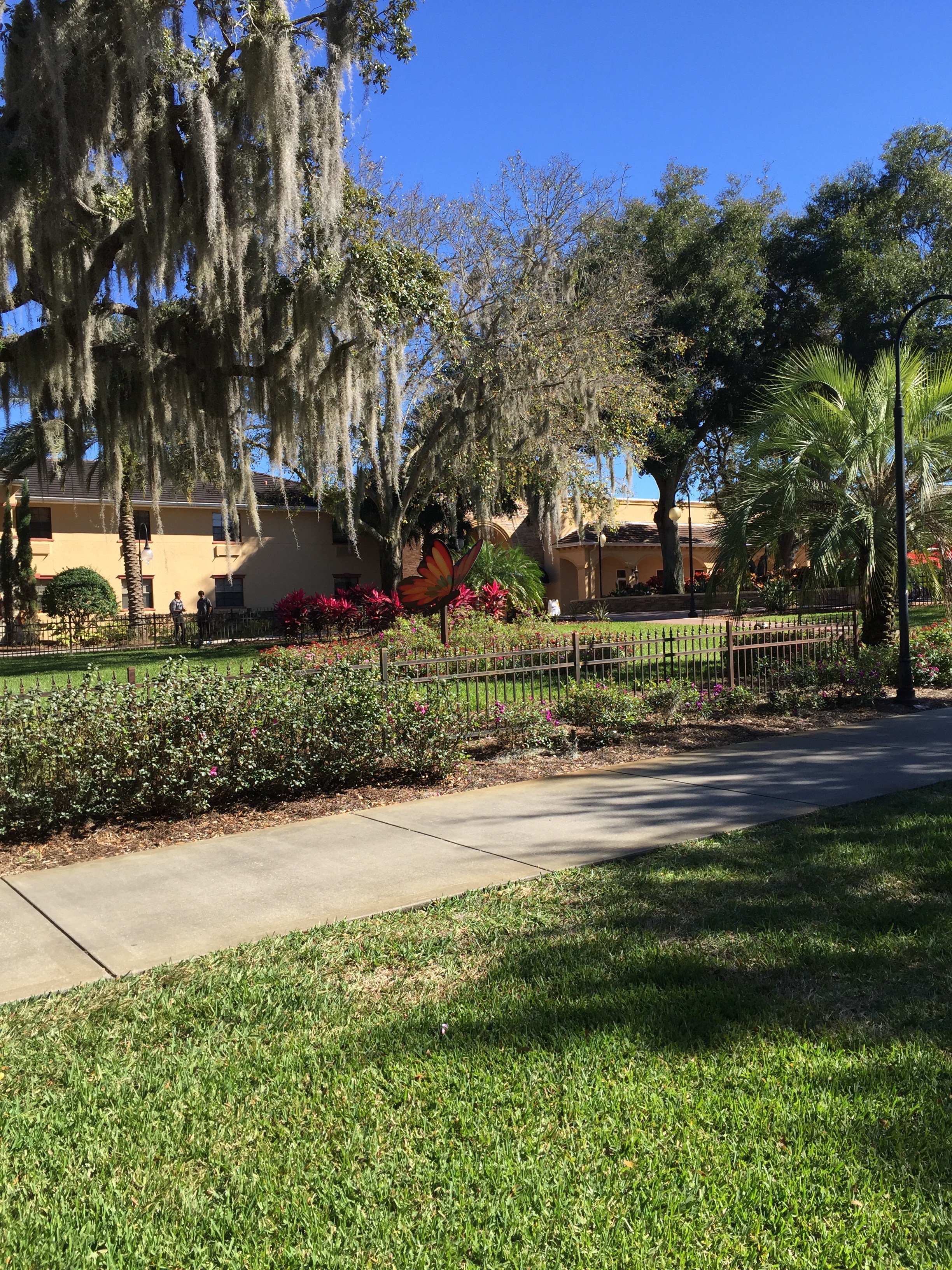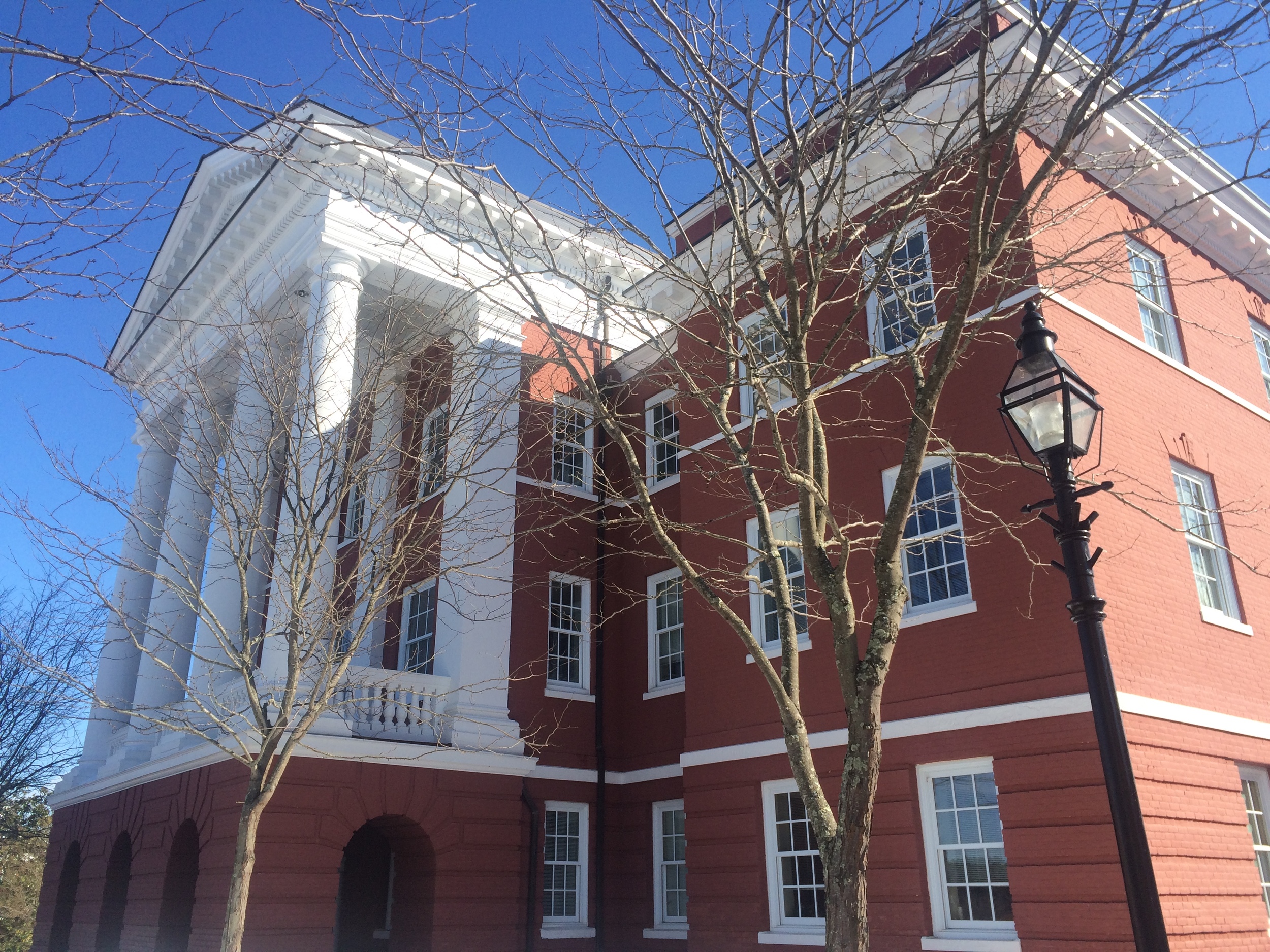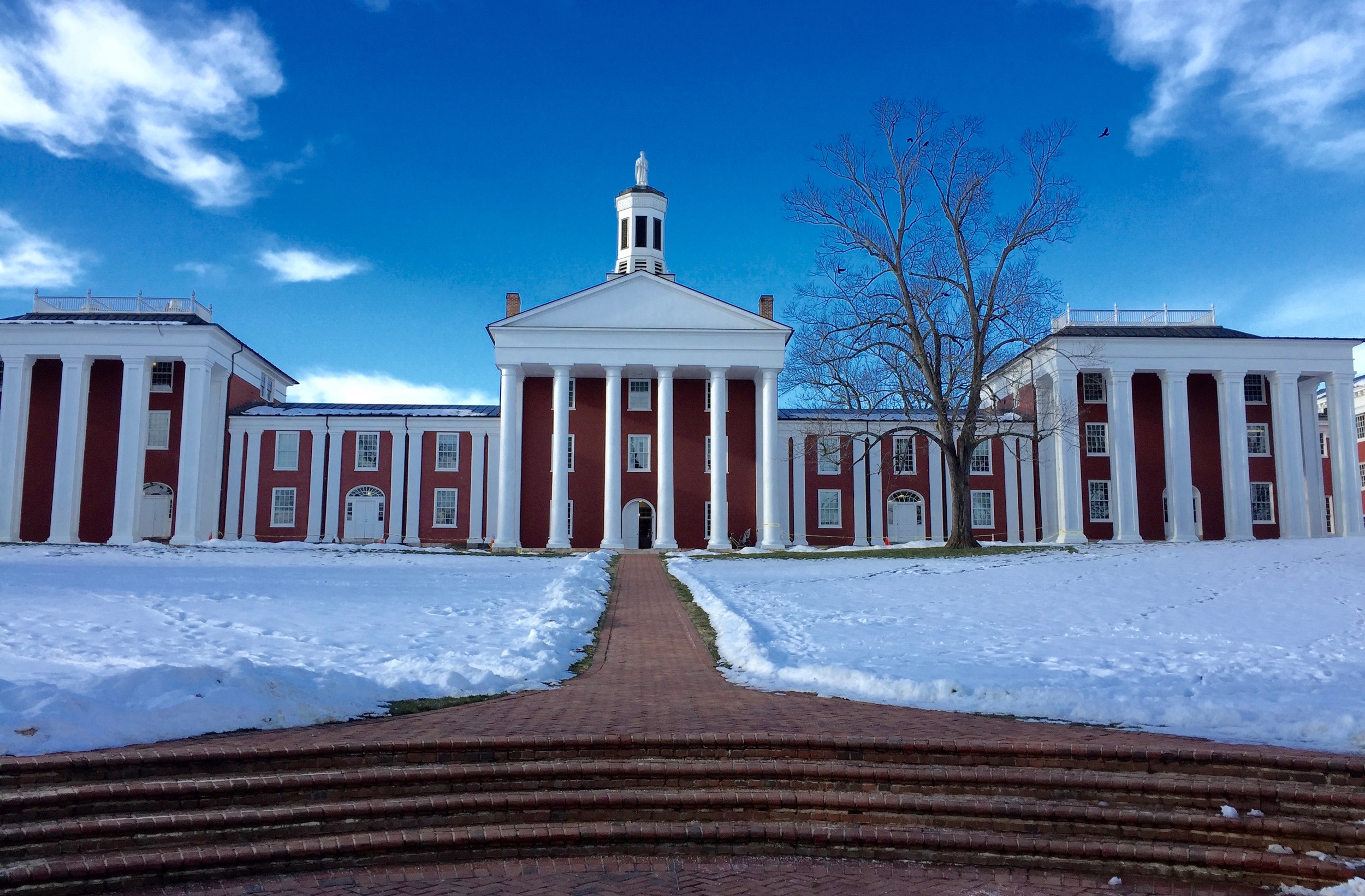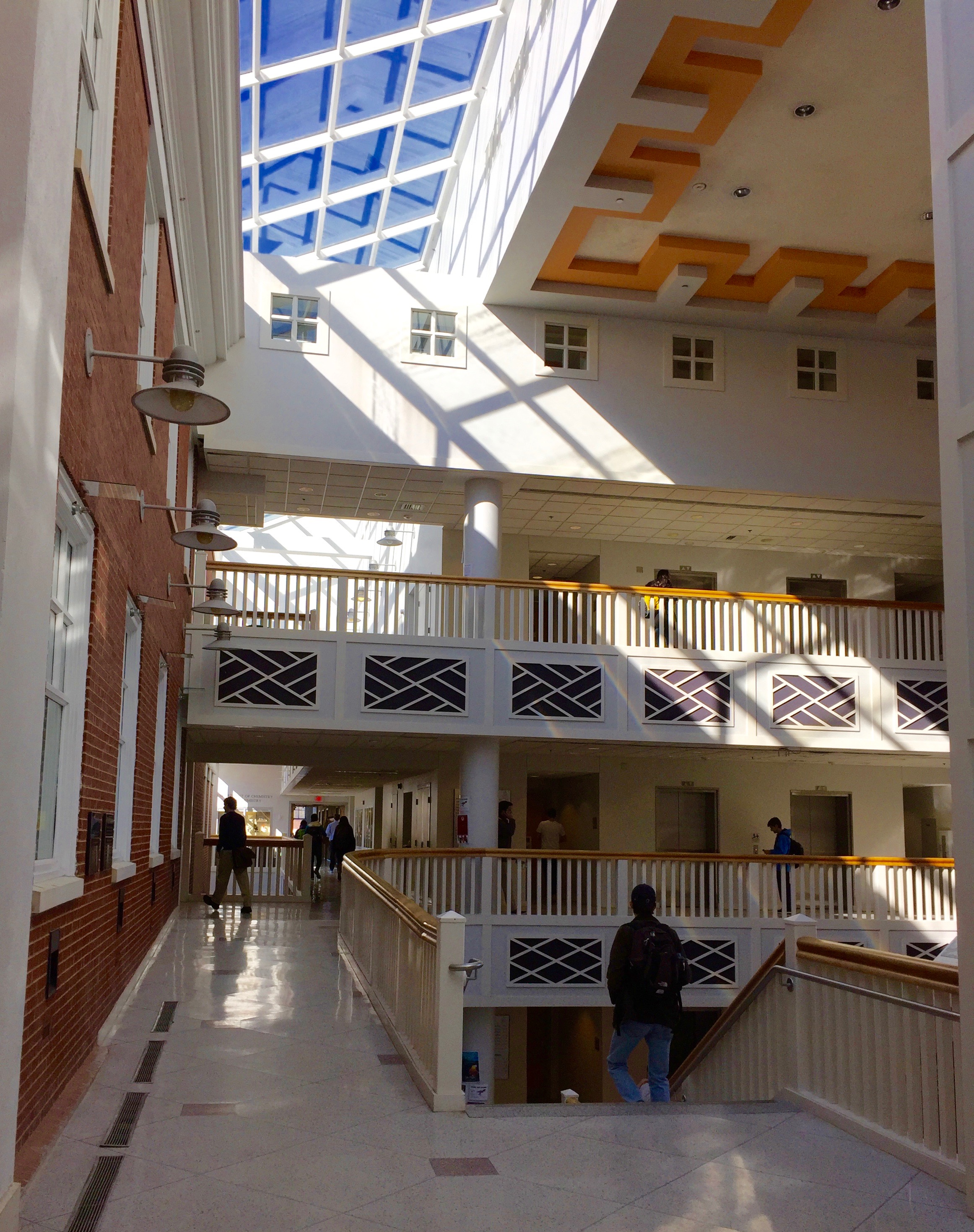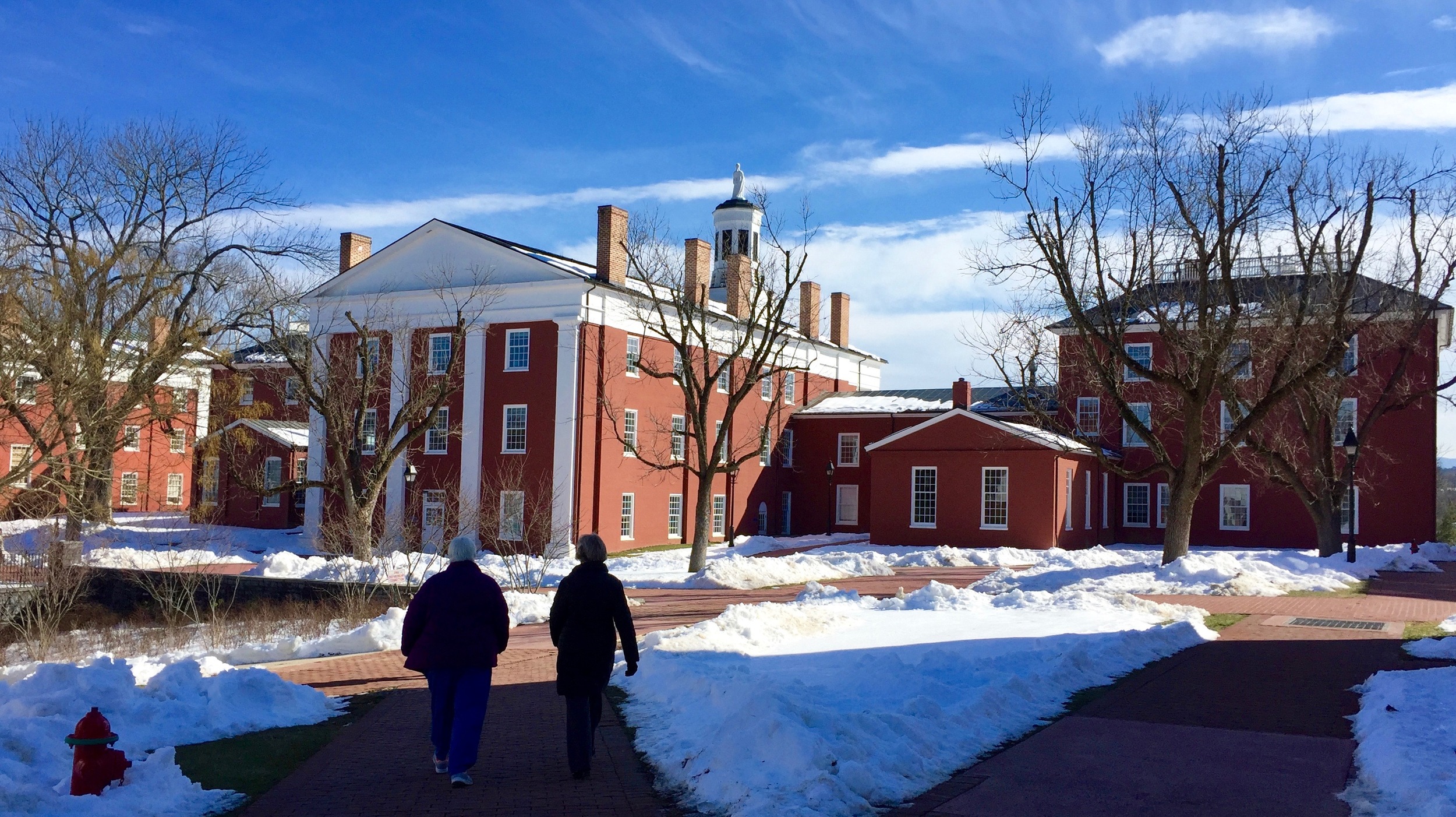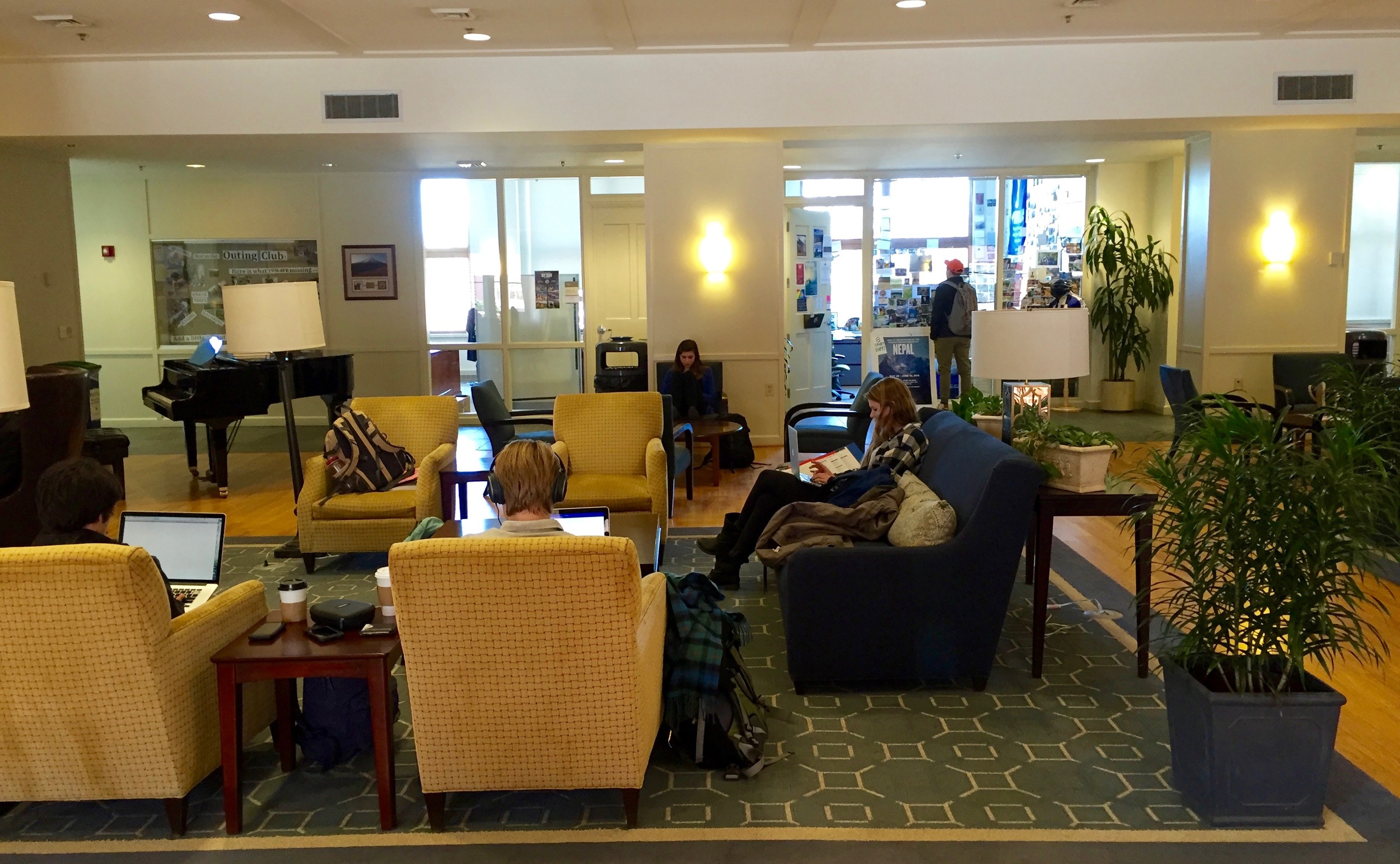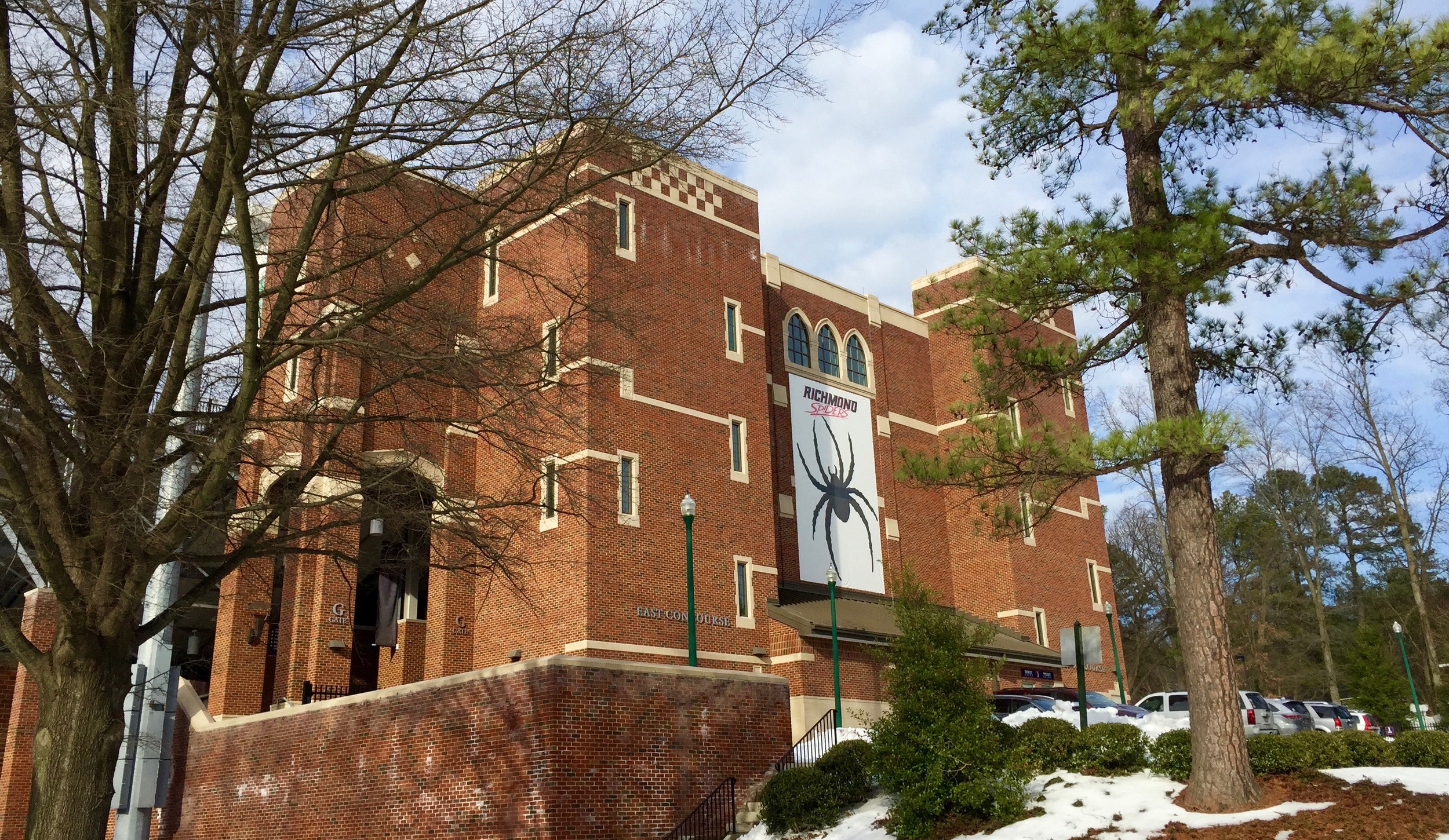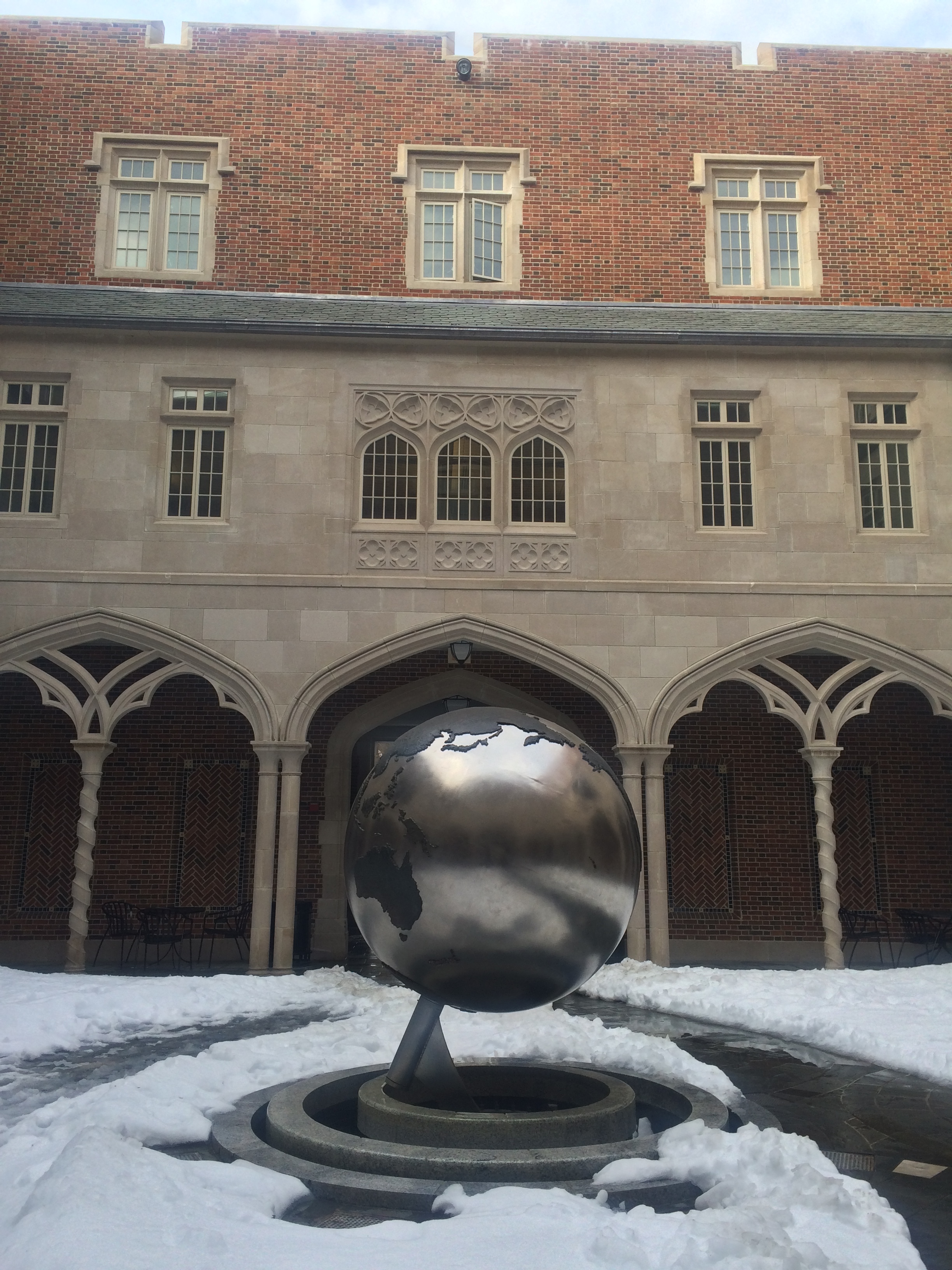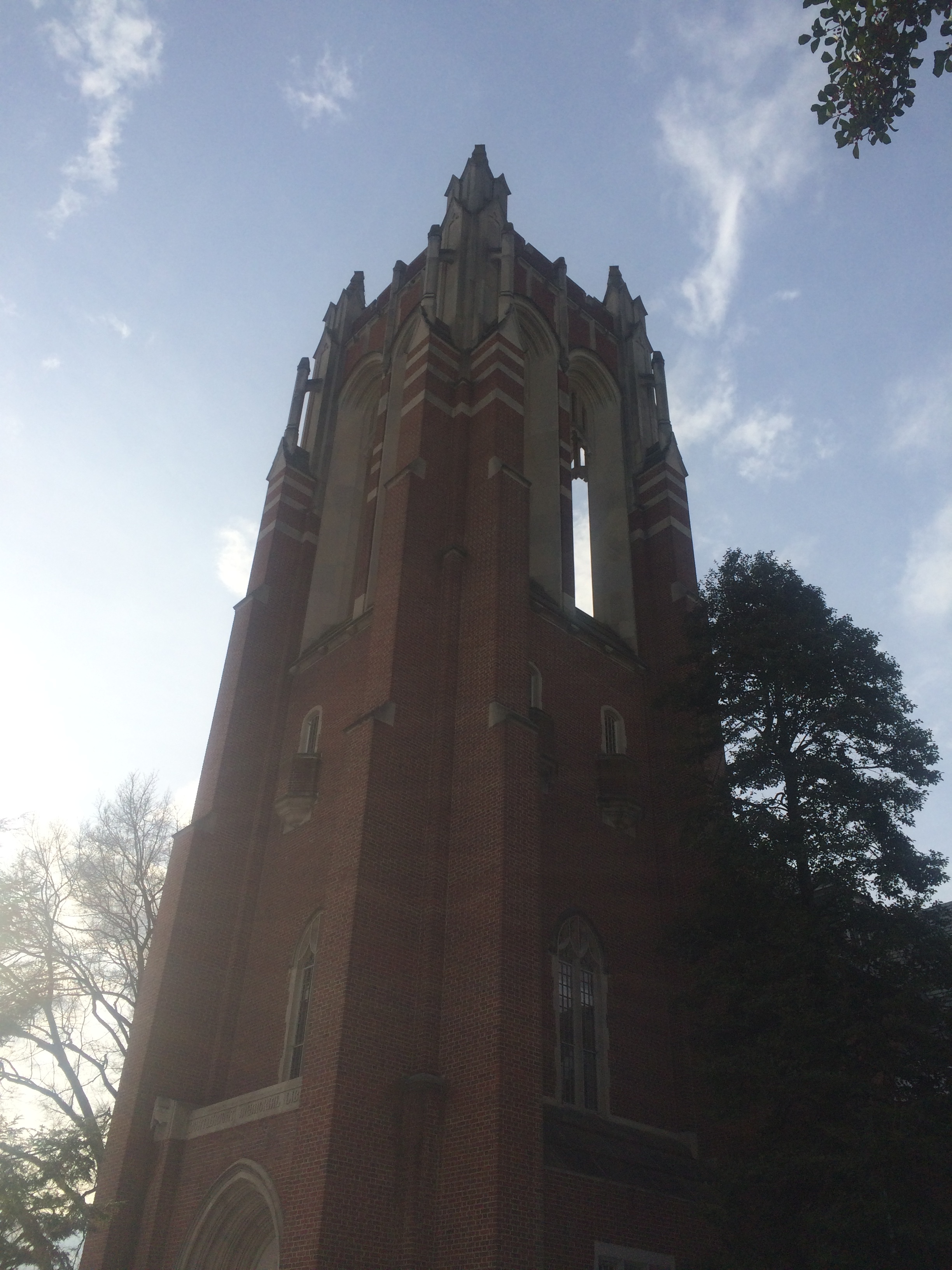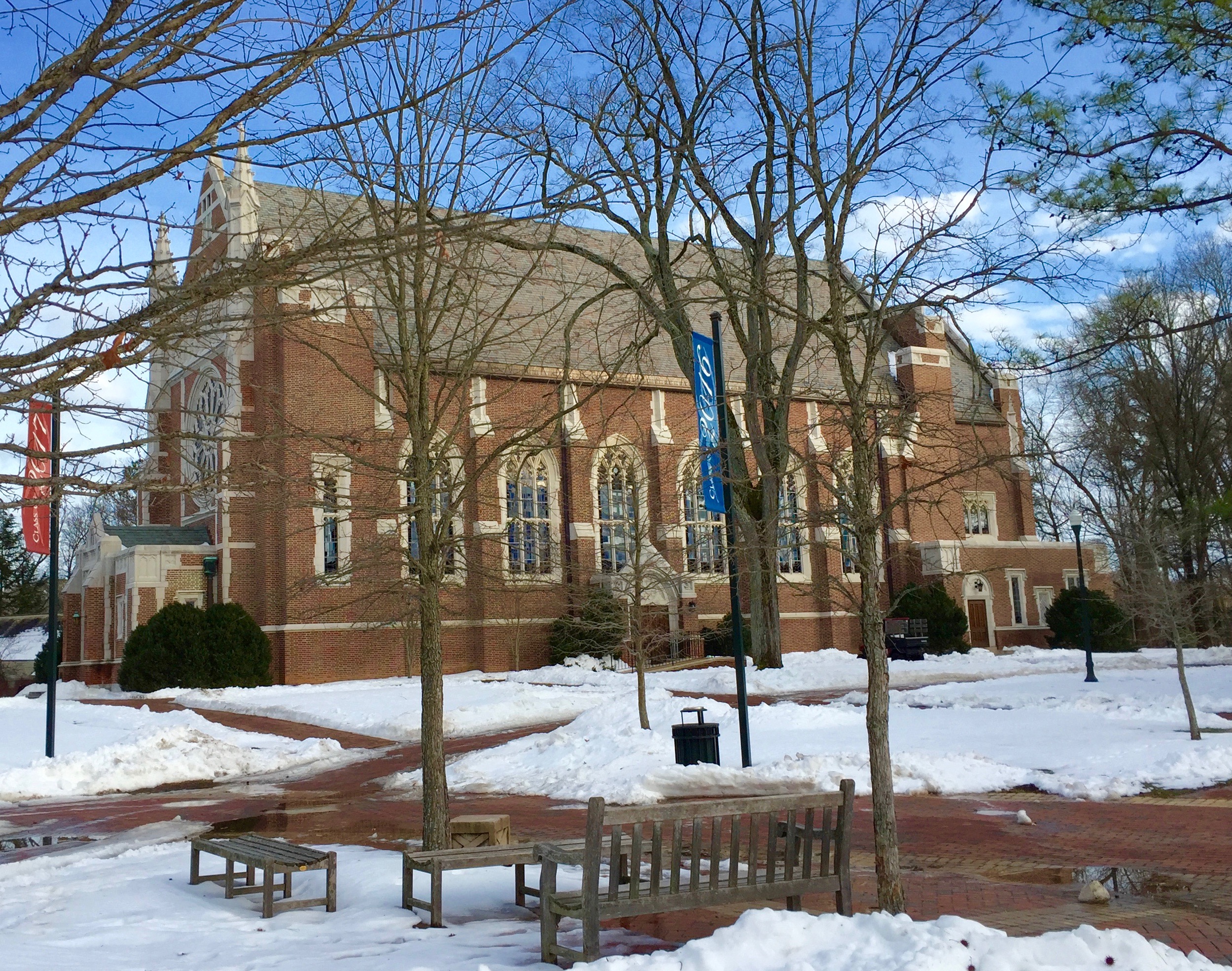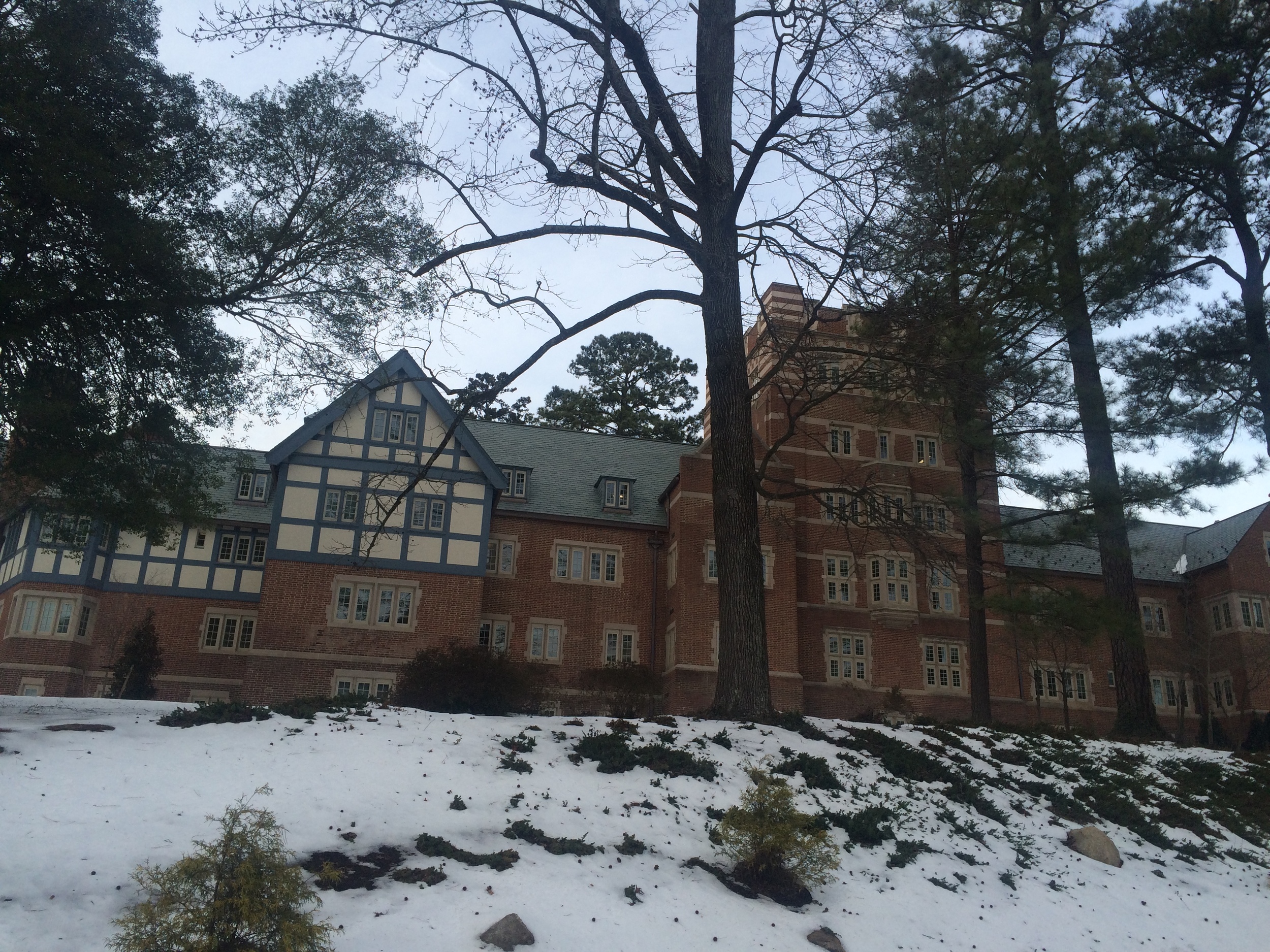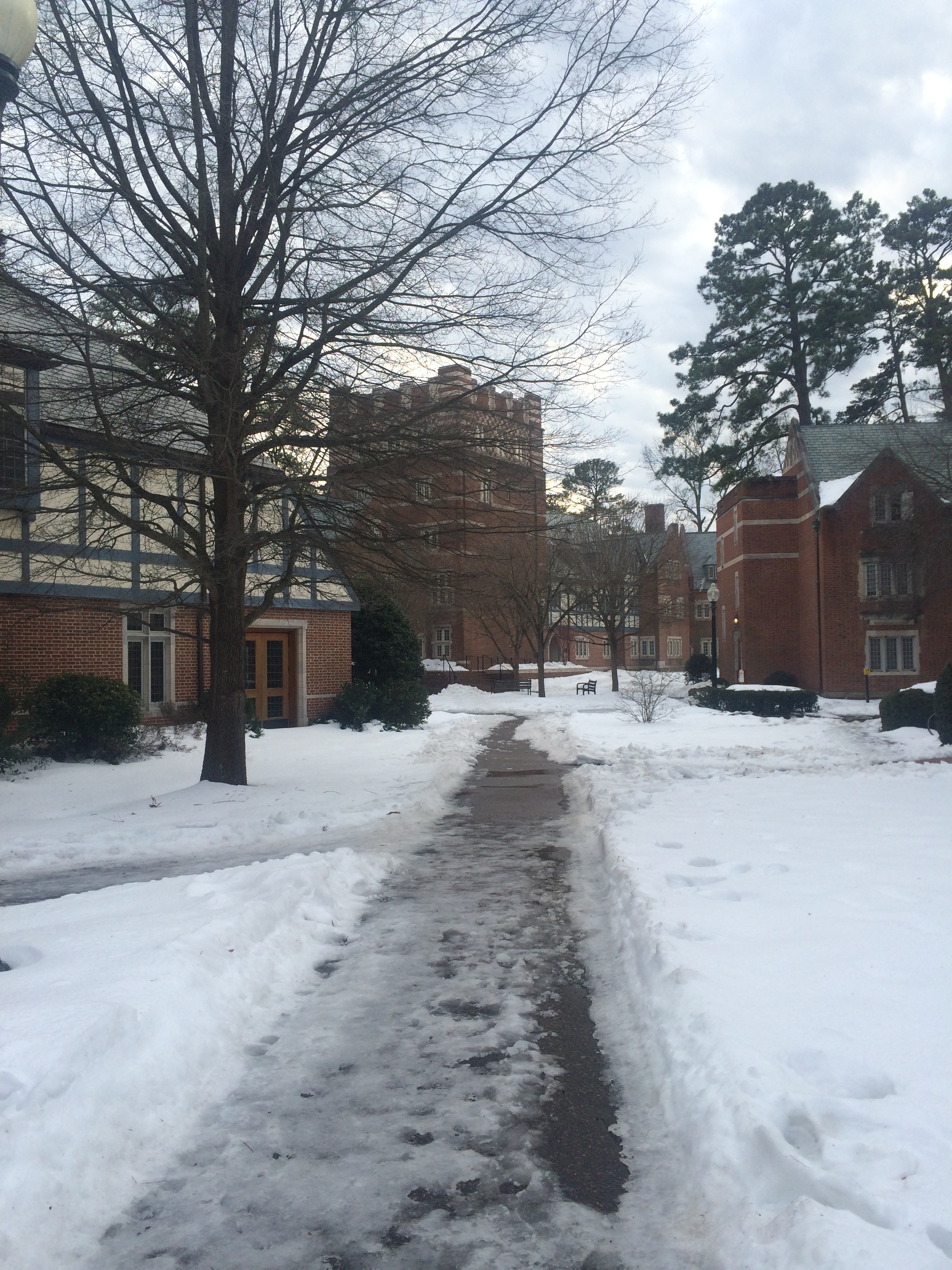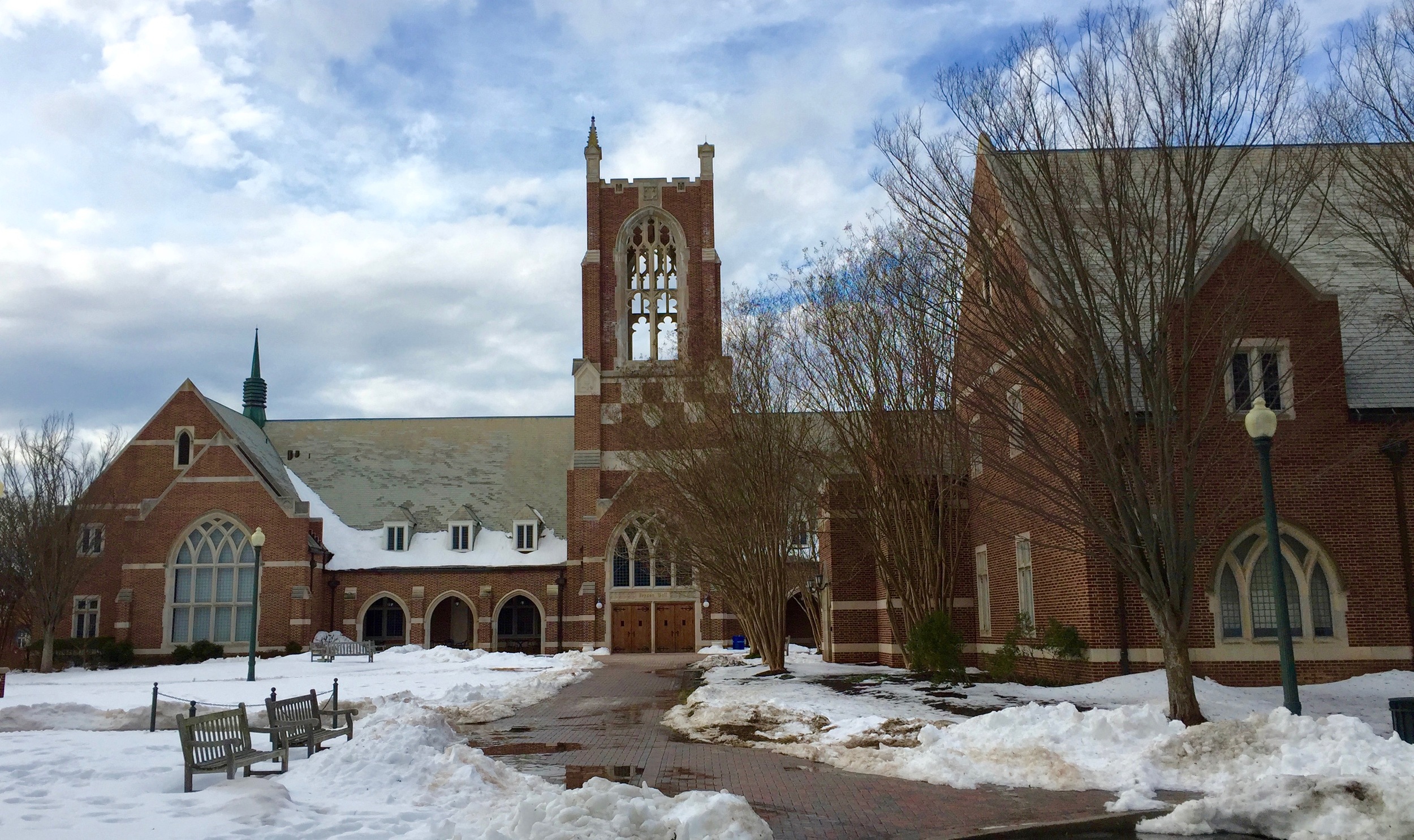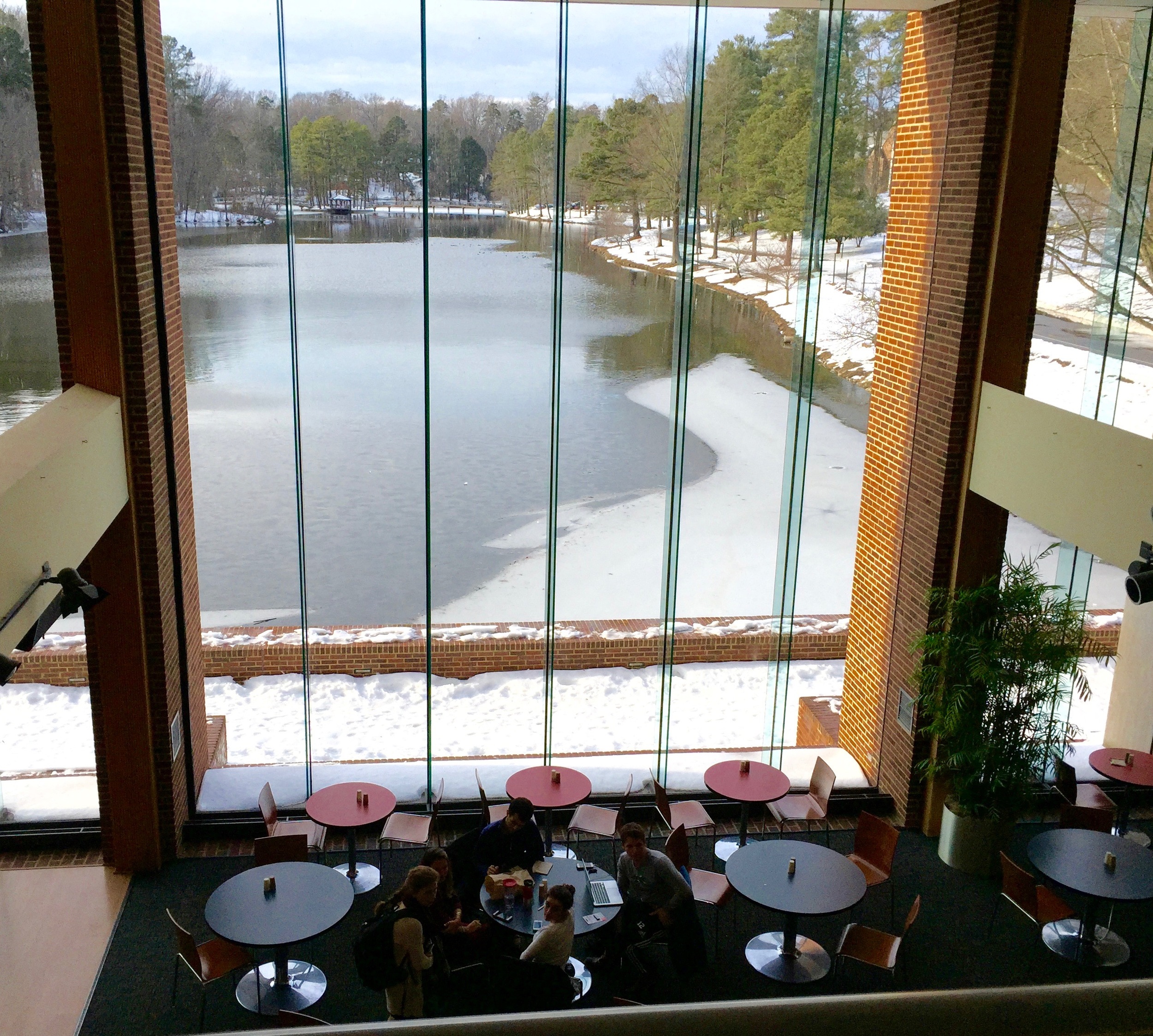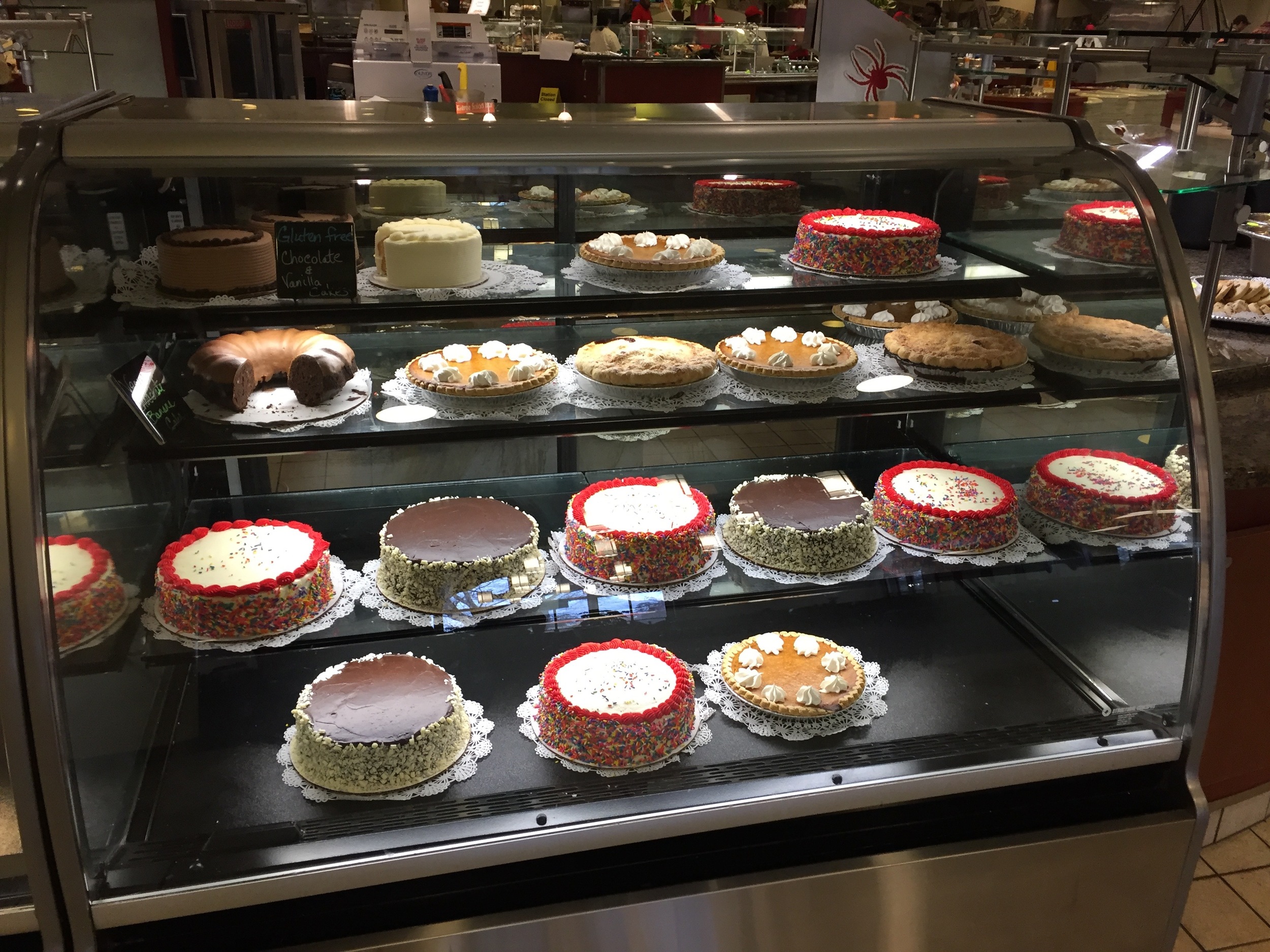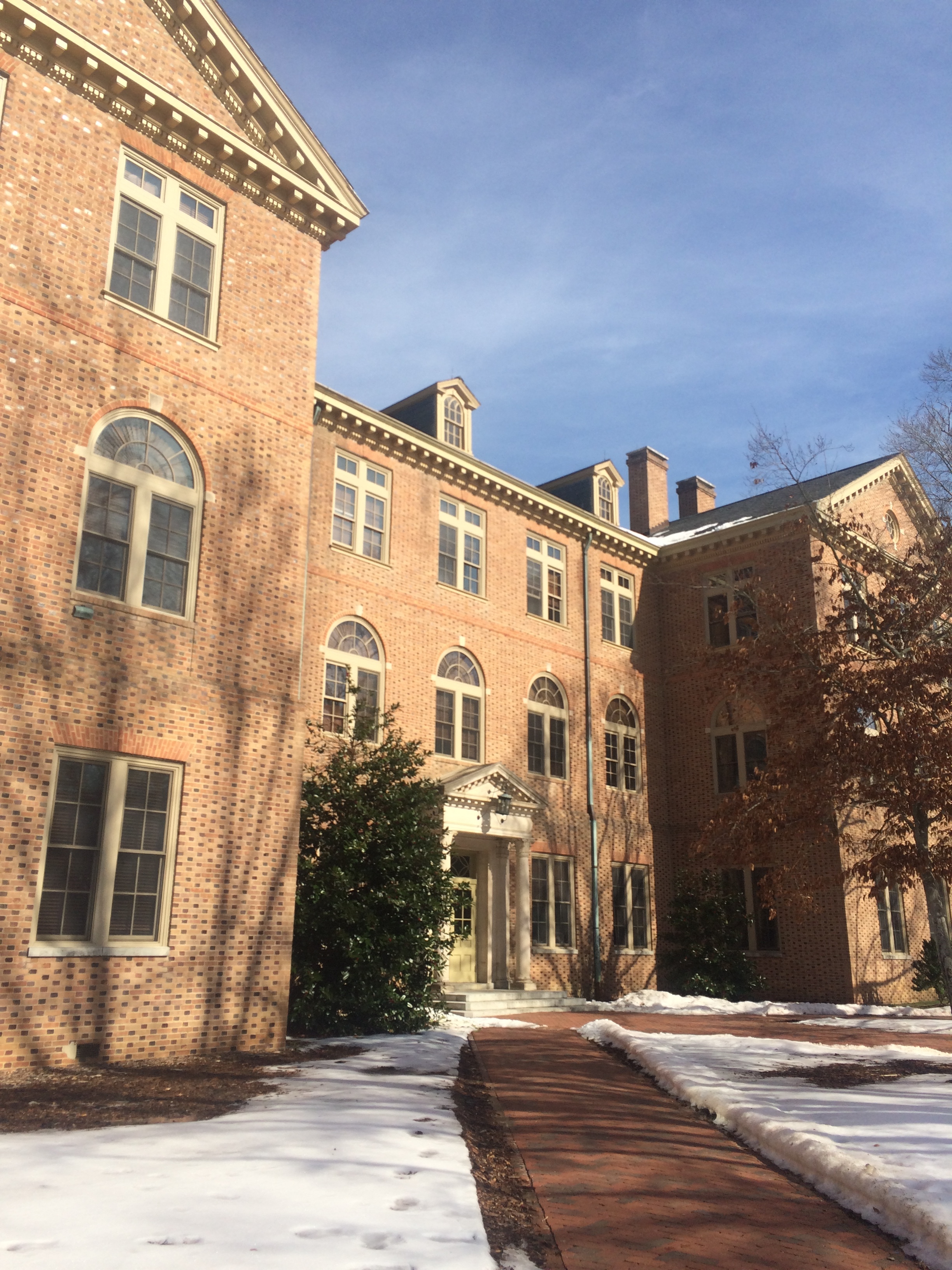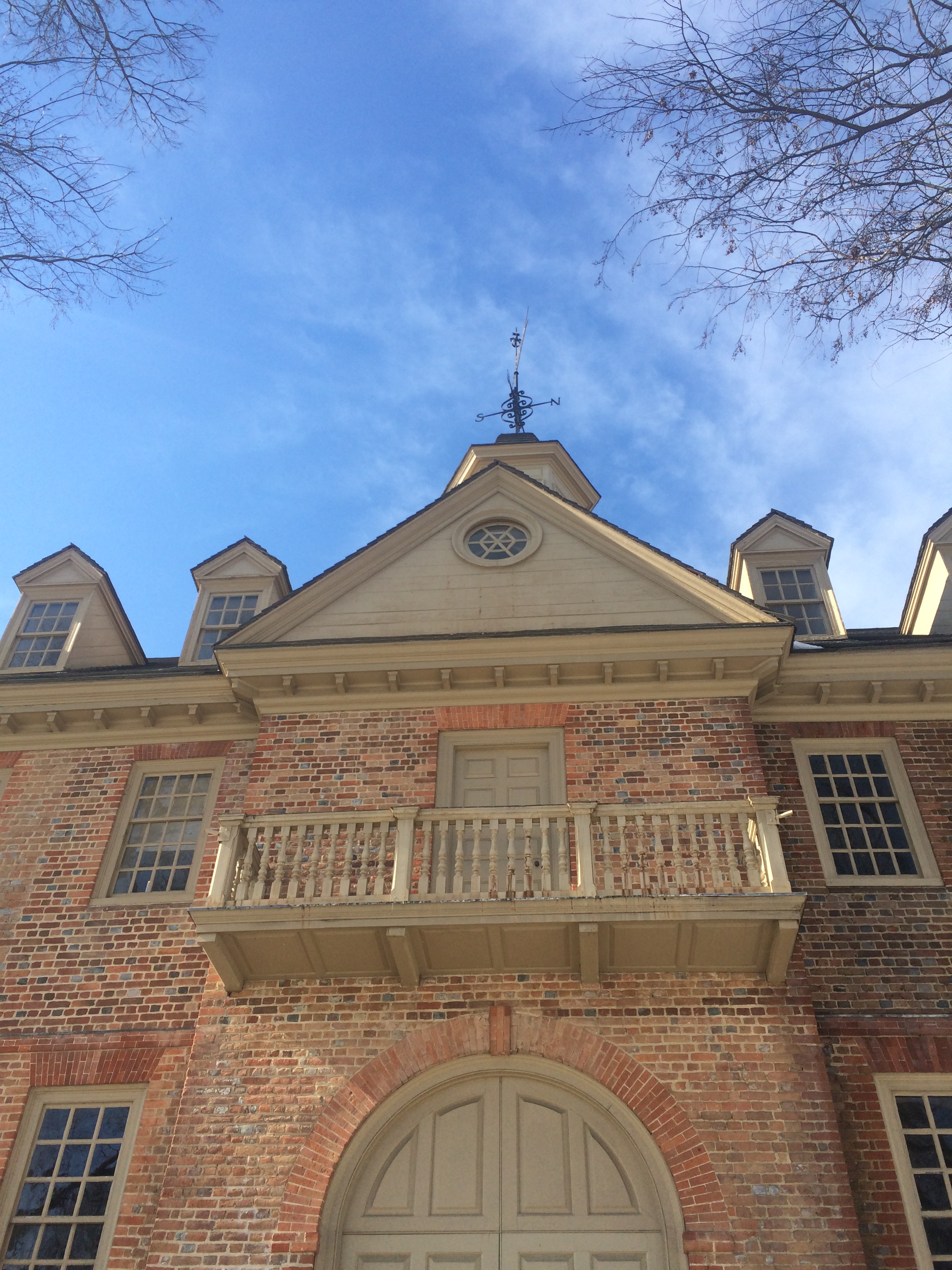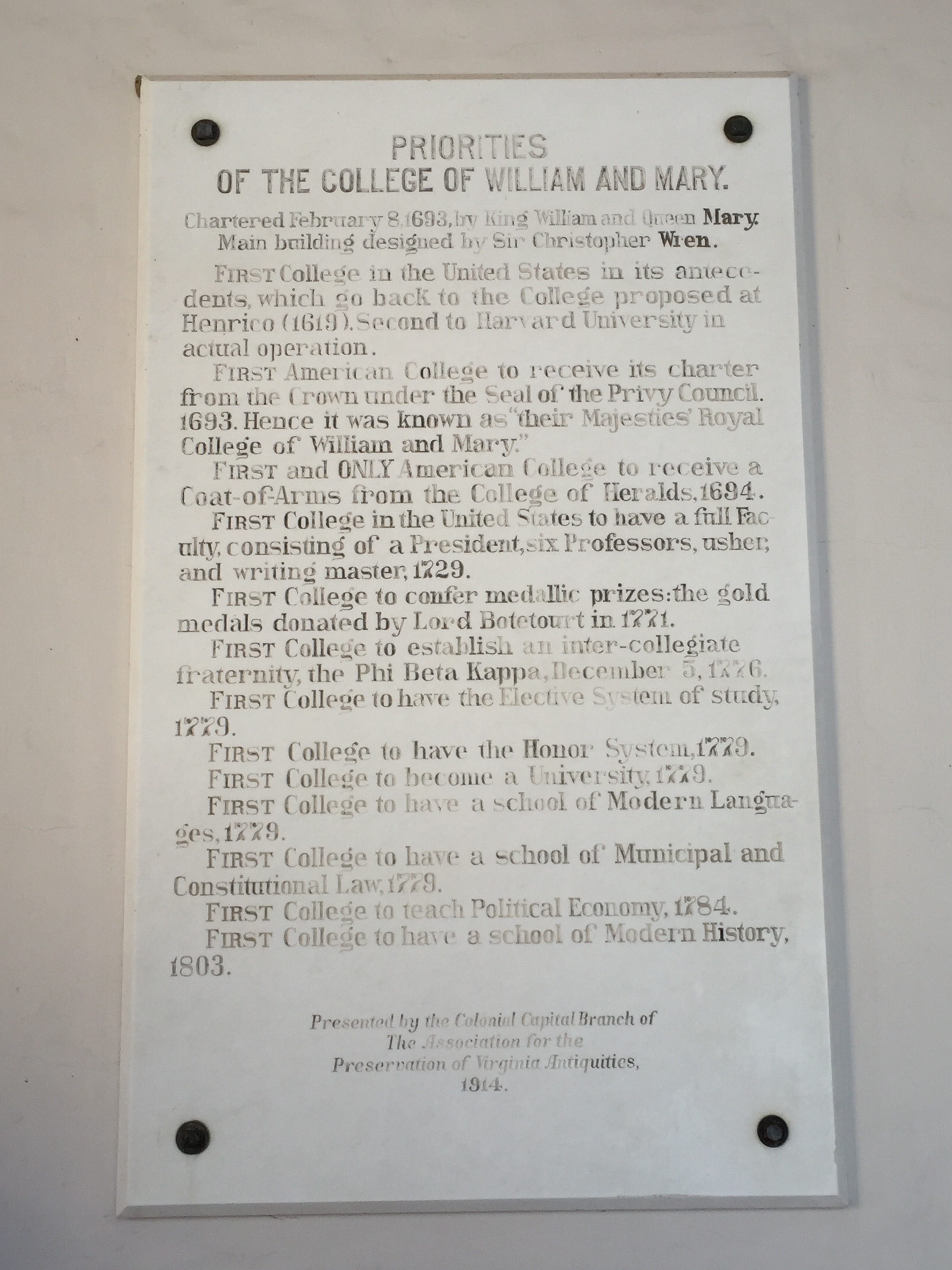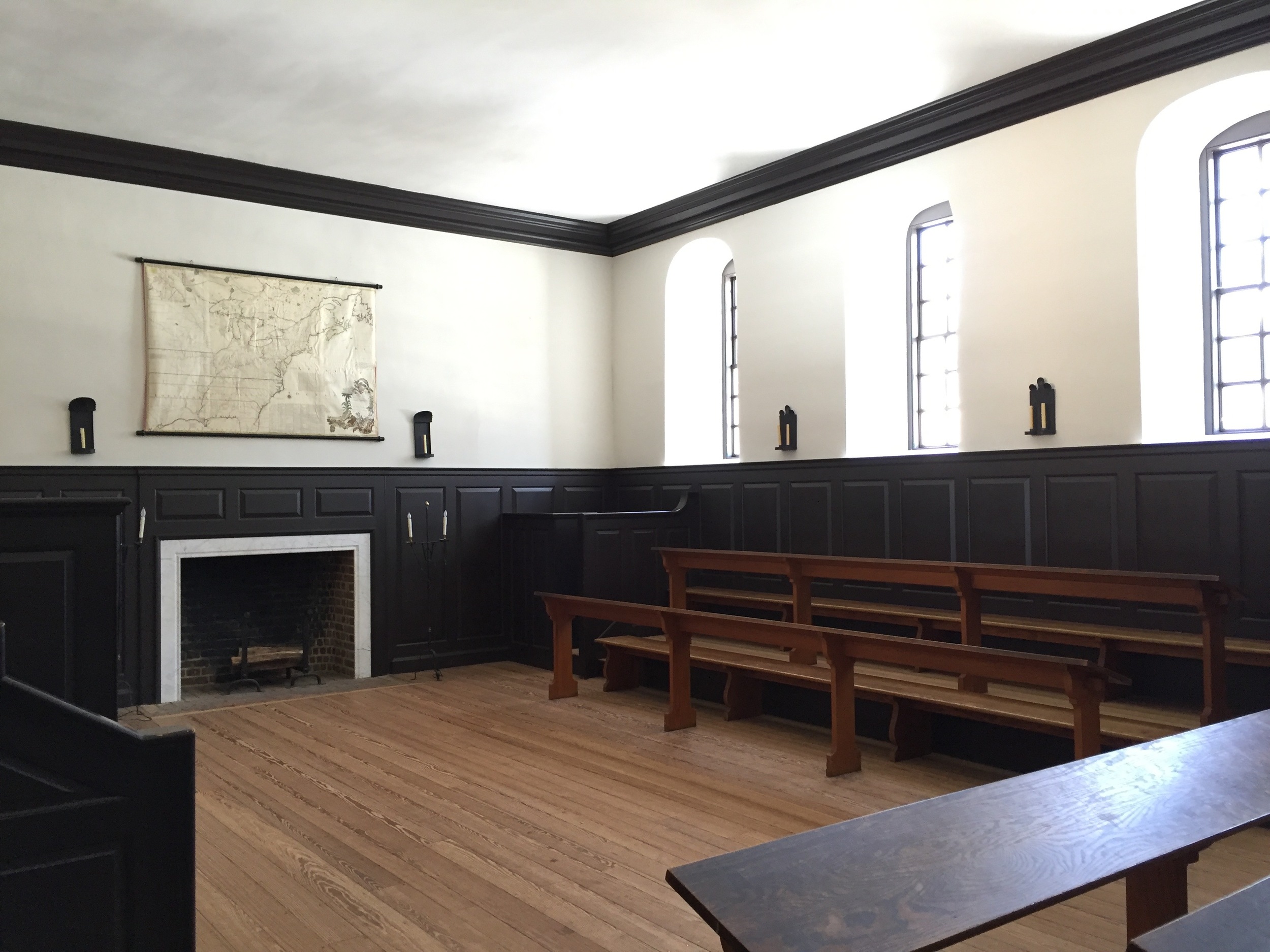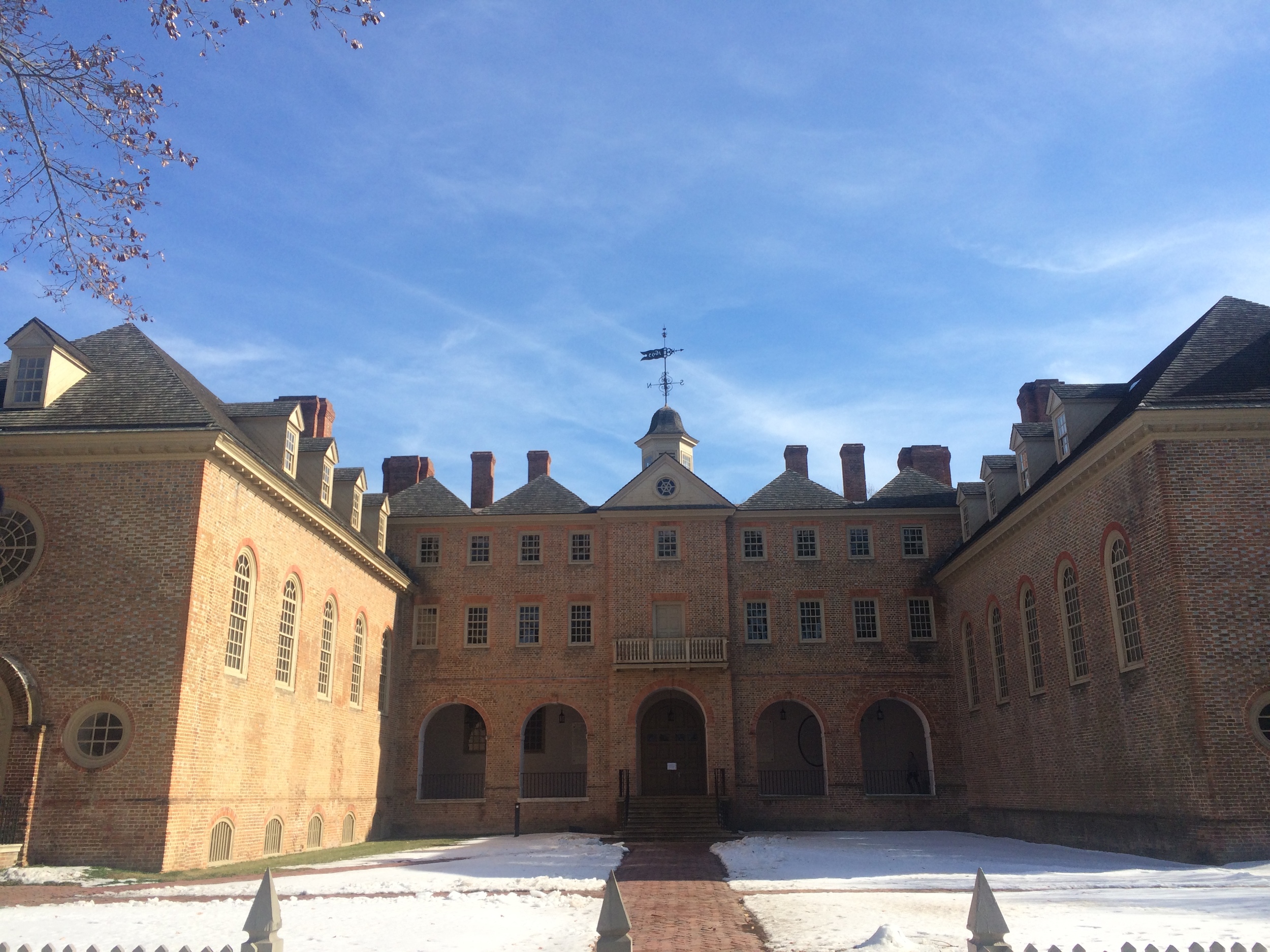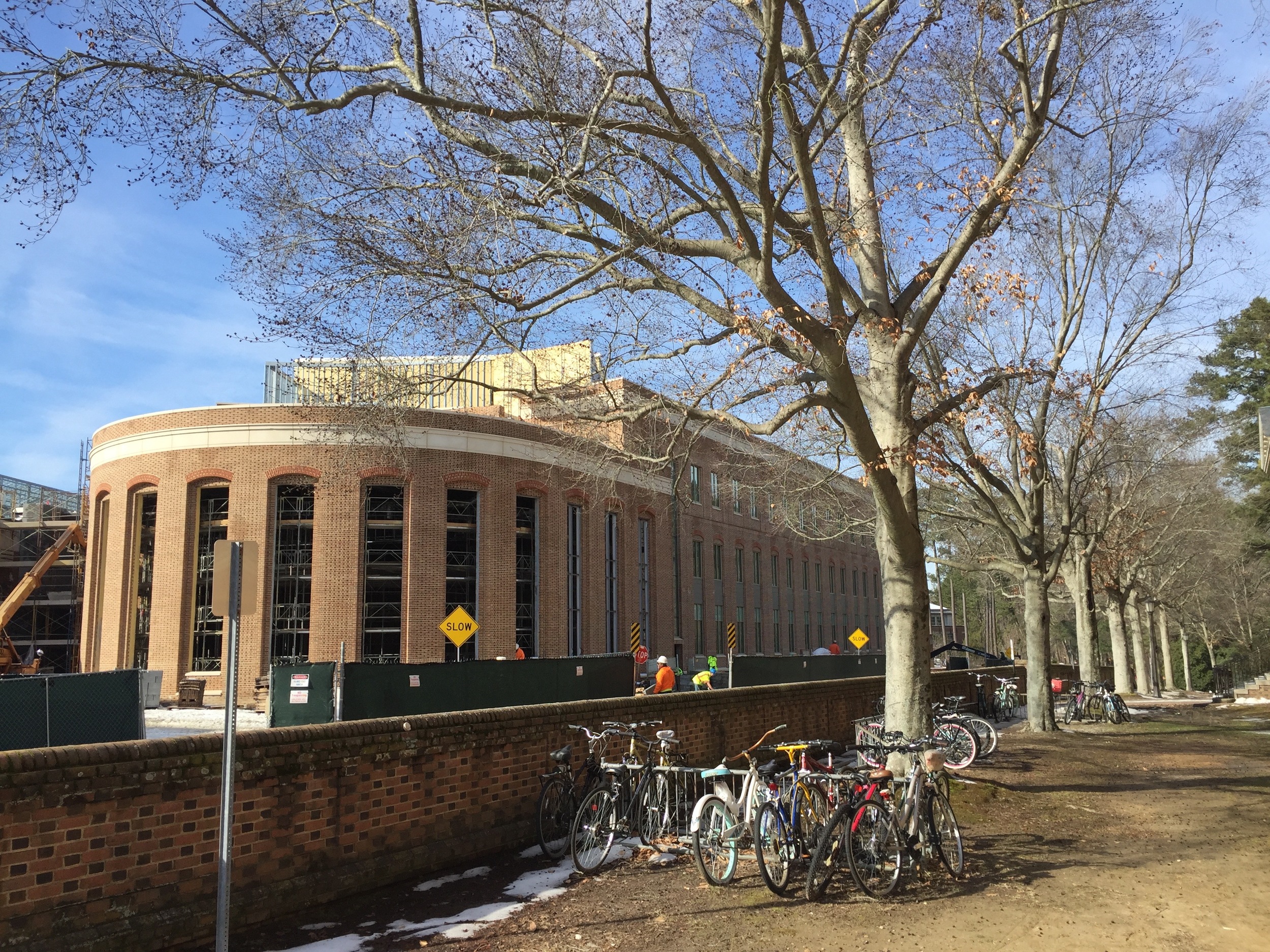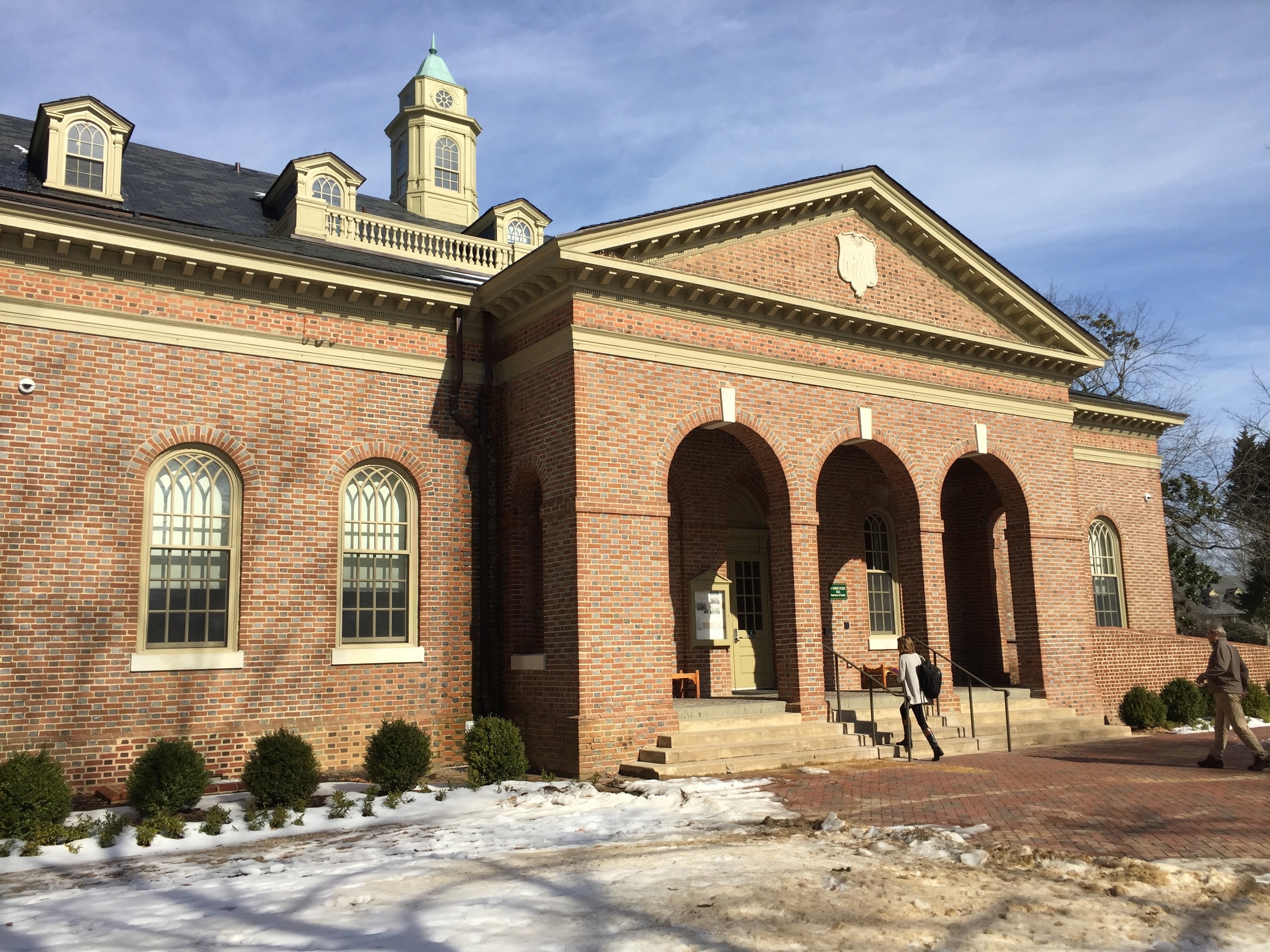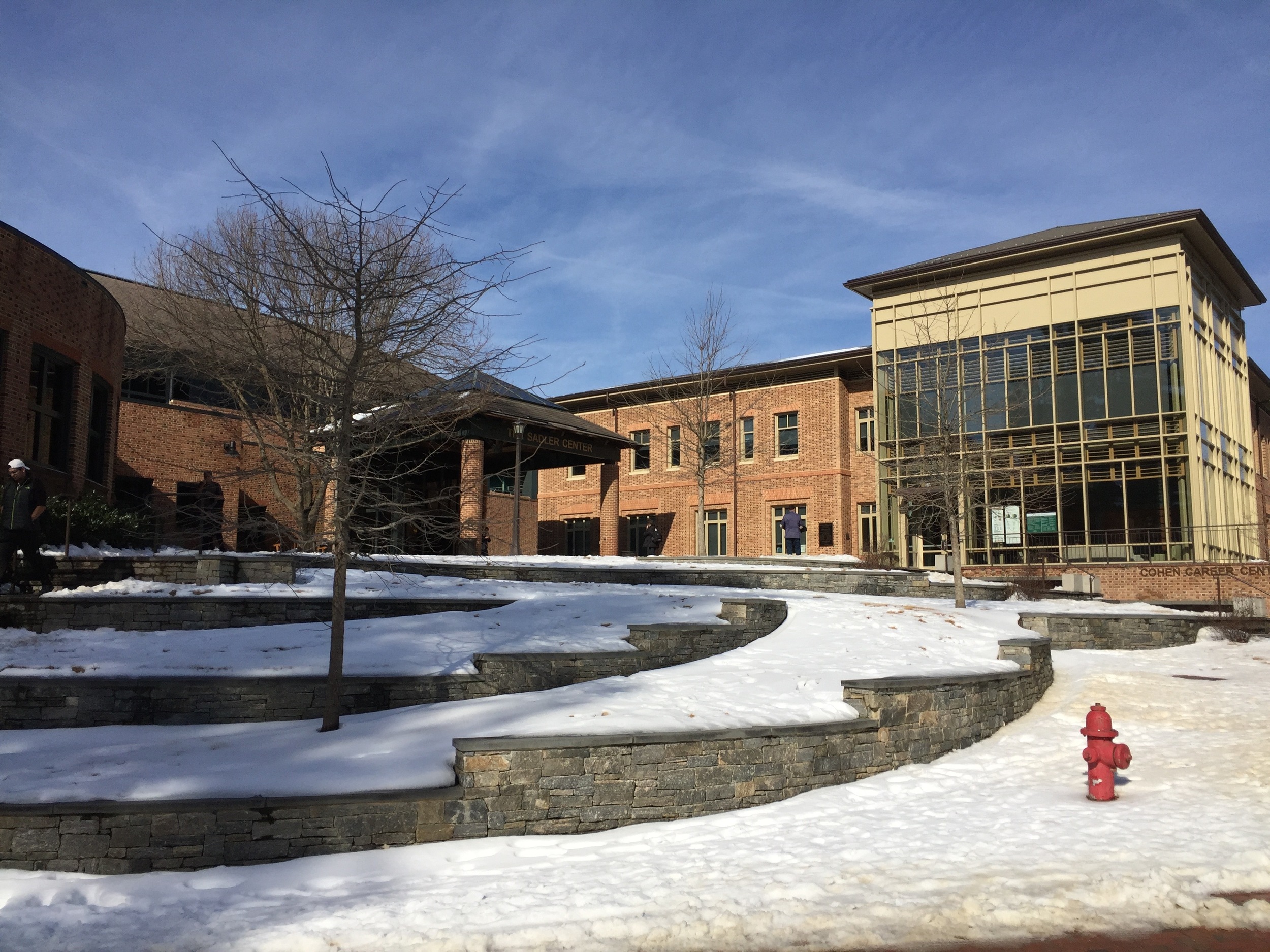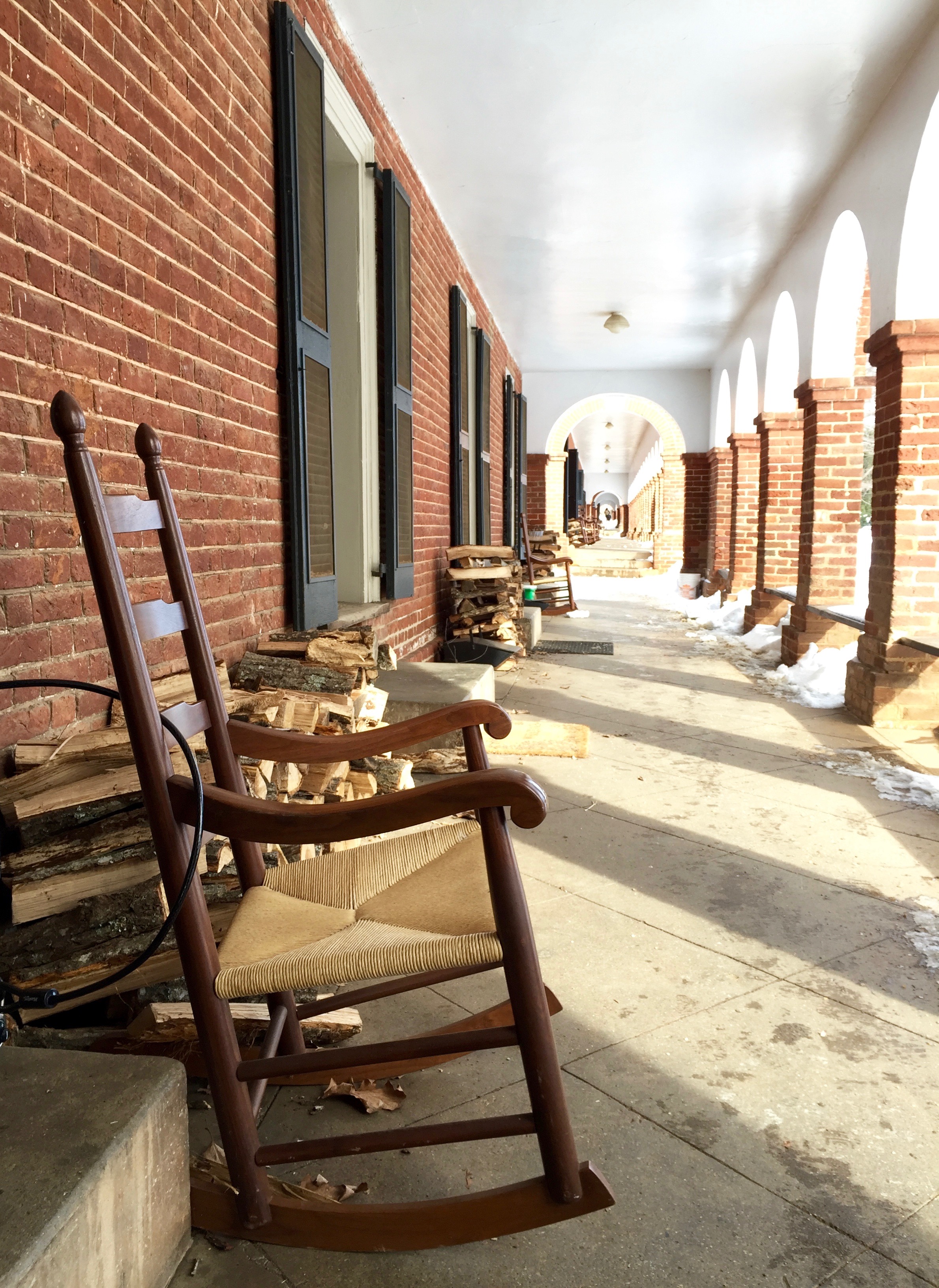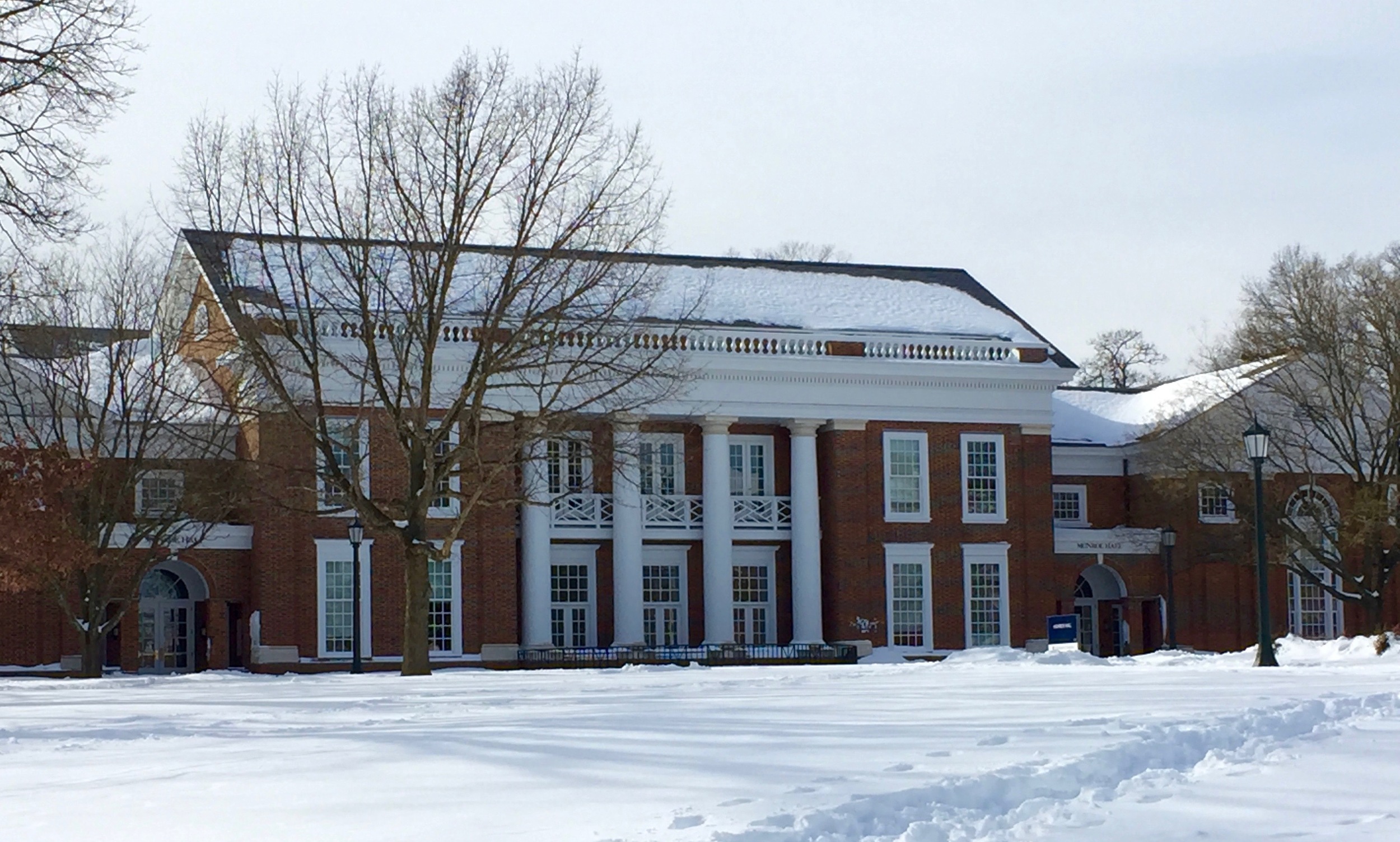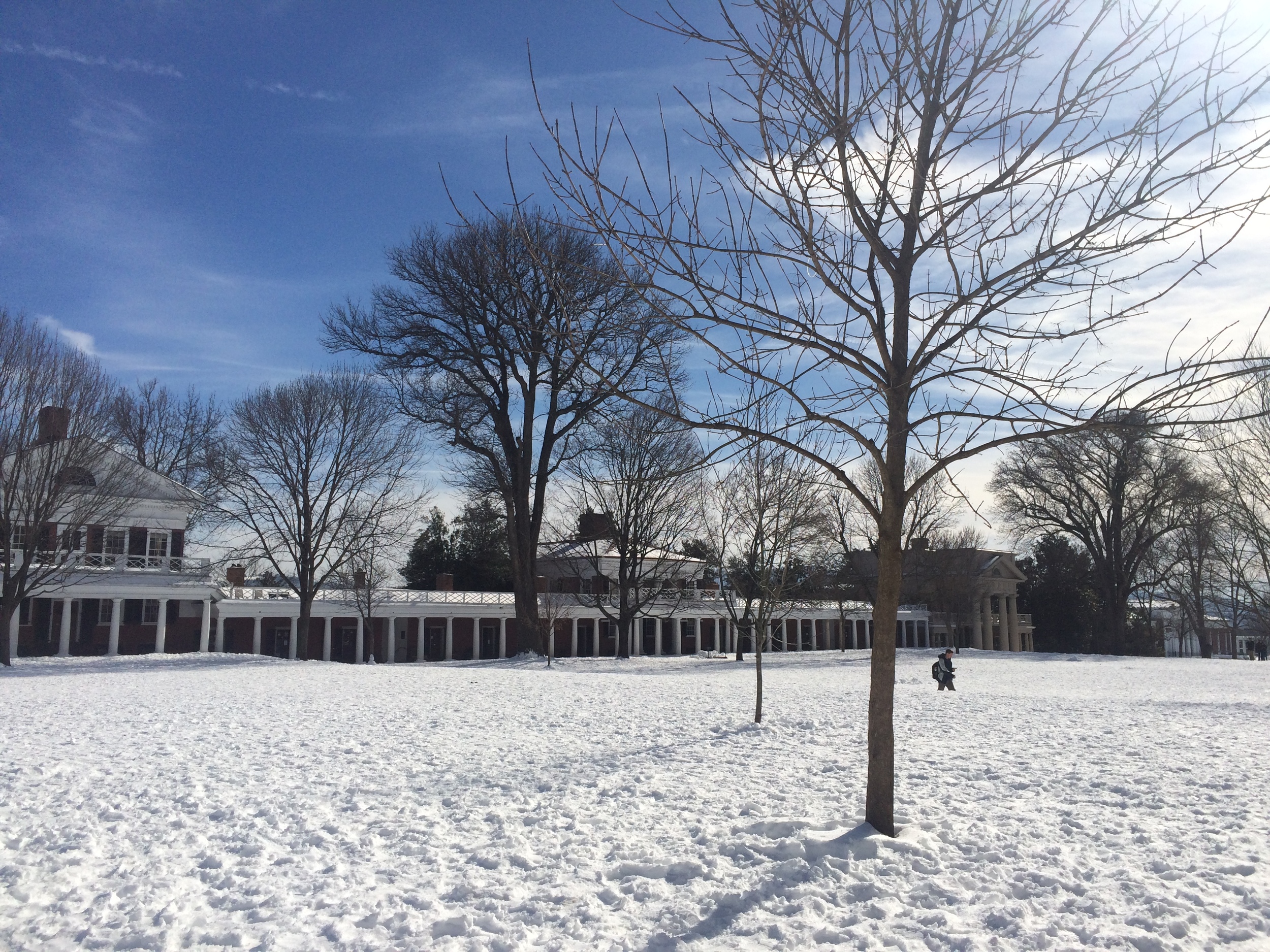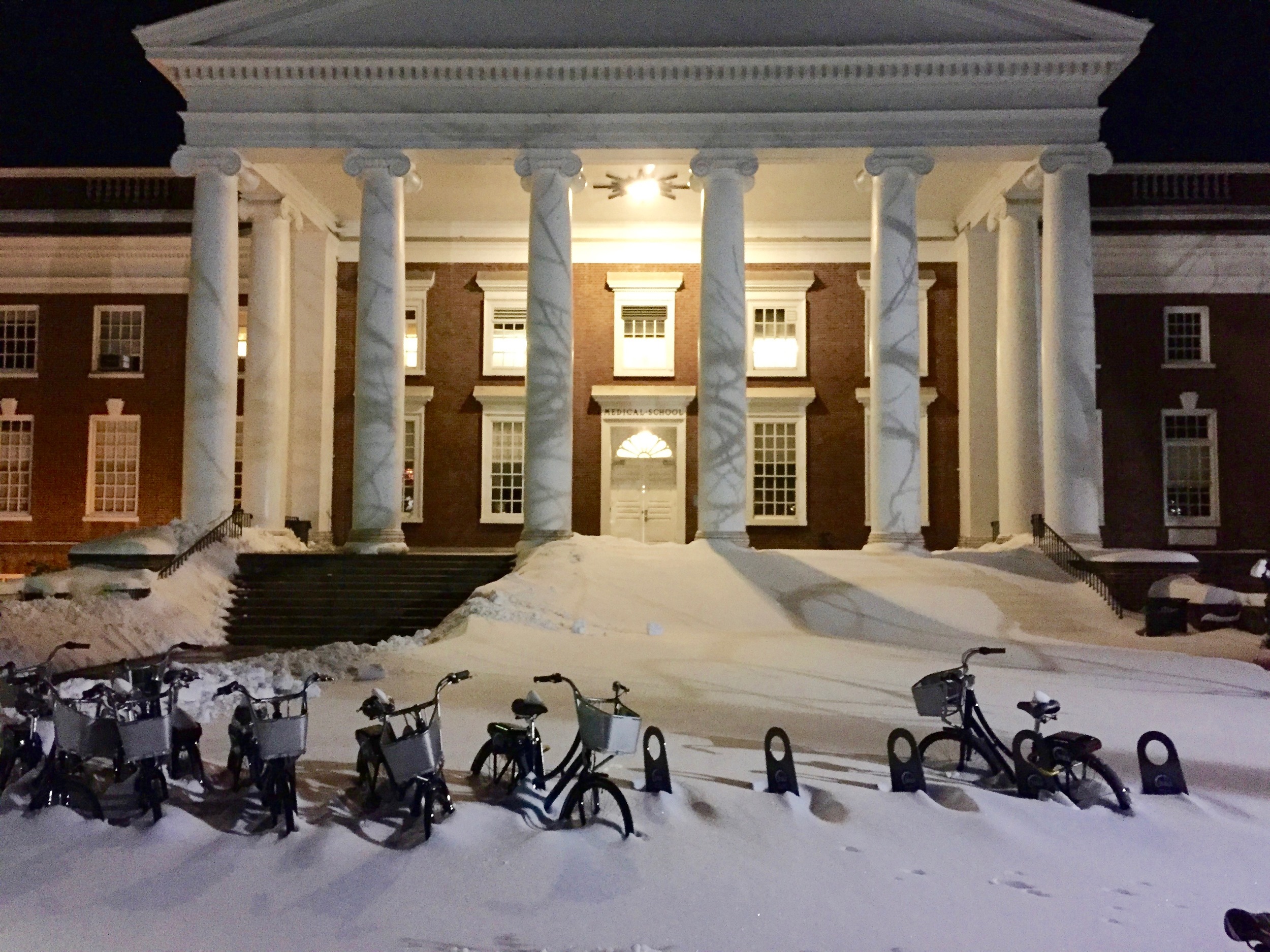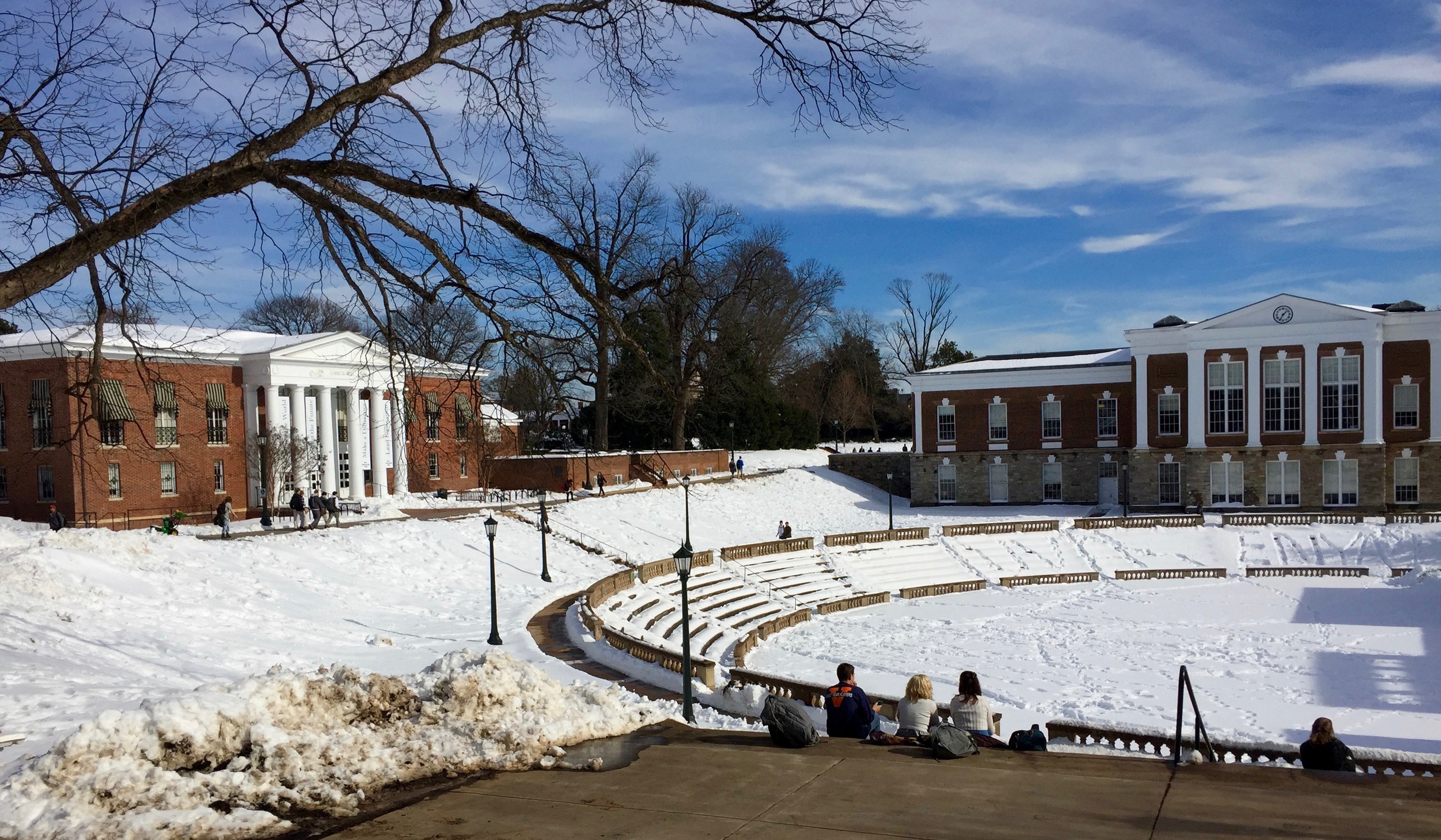As we work with students on the college search process, we ask them to do a little research on the schools on their own. We’ll give them some tools and ideas to get started, but we really want them to do the work of looking into different schools and programs, noticing the similarities and differences, finding courses and professors that look interesting, and generally familiarizing themselves with the information available. We ask students to this for a couple of important reasons:
We want students to own the process of finding and applying to colleges.In a lot of ways, we work like driver’s ed instructors – we’re in the car with students and can pump the breaks or turn the wheel as needed, but the student is the primary driver. Students – not us, not their parents – are applying to college. It’s important that they understand what they’re doing and why. Plus, when they get an acceptance to a college, it feels all the more meaningful when they know they completed that application on their own.
We want students to figure out what they like and don’t like. Very few students come to us with a fully thought out set of criteria to help with their college selection. Some have very specific needs – like a unique major – that can help narrow the list of colleges down quickly. Most, however, think in more general terms. They might like a college bigger than their high school or one with “great sports” or one that is in a city. Those can be great starting points, but until students get into the weeds with what a college can offer, it’s hard for students to consider what they wantout of their college experience. Researching colleges helps students learn about the schools and about themselves.
We want students to be able to function in college.Parents are not going to drop their kids off at college and say, “Good luck! We’ll see you in four years.” But there are a lot of things that students need to know how to do before they leave for college. Finding information and learning how to ask for help are two big ones. You’d be amazed at the students we see who struggle with setting up (and making it to) appointments, dealing with unexpected bumps in the road, or even making phone calls (it still cracks us up when they can’t find the “send” button on a non-cell phone). We get it. They’re growing up and still learning. But what better way to learn than by doing … which is why we ask them to find things out on their own.
So when we say that Google is your friend, we may not mean “Google” exactly. What we do mean, though, is that the ability to figure things out (and for a lot of things, that includes a Google search) is a skill every student leaving high school should have.
PS - It’s pretty amazing what you can find out from a simple “name of college” + “XYZ” search …



